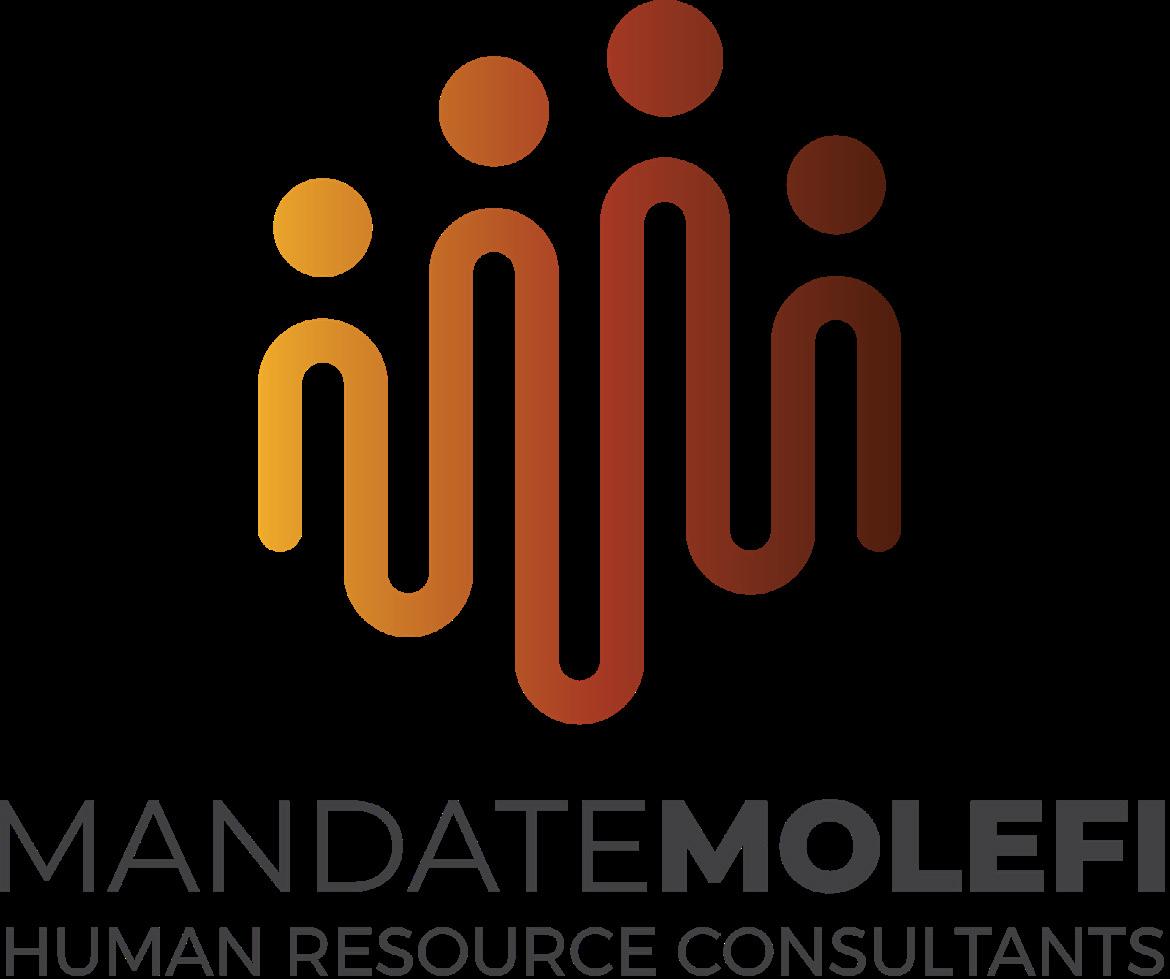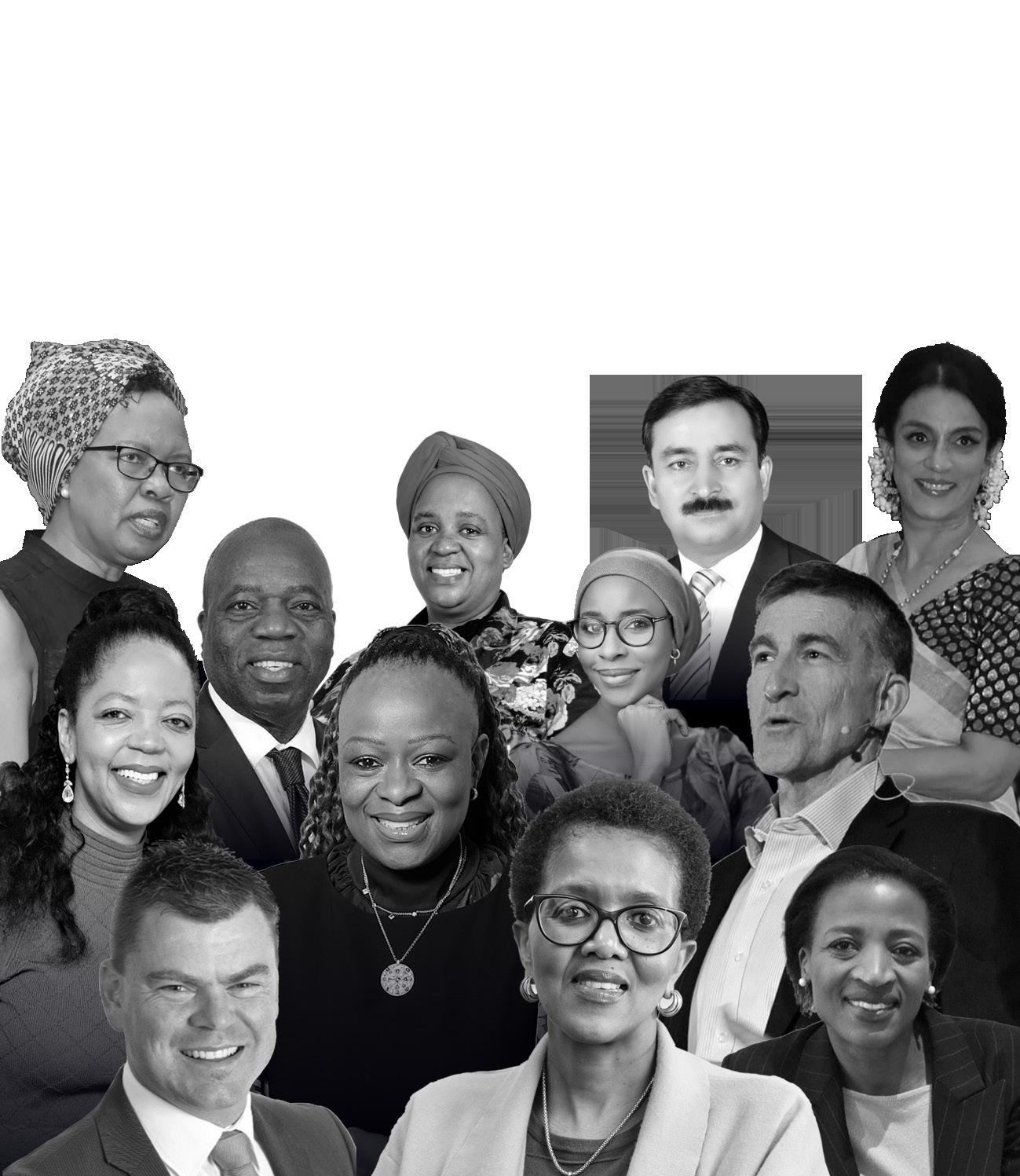

GLOBAL PERSPECTIVES & CASE STUDIES
July 2025
EDITOR’S NOTE
BY NENE MOLEFI
Life moves fast, sometimes too fast. We juggle work, home, and endless commitments, often losing sight of what truly matters. But if there’s one thing I’ve learned from my years in diversity, equity, and inclusion (DEI), it’s that lasting change begins when we stay grounded in our values.
In recent months, we have witnessed a shift in the global conversation around DEI. Organisations that once championed DEI are quietly scaling back, while influential figures who previously advocated for inclusion are retreating from these discussions. Silence is becoming more common, or perceived as the safer stance. When those in positions of power, whether in business, politics, or the public eye, adjust their stance, it inevitably raises questions about the future of equity and social progress.
These shifts are not incidental; they shape policies, workplace cultures, and societal attitudes. That is why it is more important than ever to reaffirm the principles that underpin DEI, not as a passing initiative, but as a fundamental matter of human rights.
For the Global South, where structural inequalities remain deeply entrenched, DEI is not an optional pursuit, it is essential for sustainable development. Marginalised communities, women, black people, young people, ethnic minorities, LGBTQI+, persons with disabilities, and neurodivergent individuals stand to lose the most when inclusivity is deprioritised. Leadership, in all its forms, must go beyond merely endorsing DEI in principle, it must ensure these values are not diluted or misrepresented. This conversation is not just about fairness in the workplace; it is about the broader impact of inclusion on economies, education, governance, and society at large.
What we sometimes overlook is that the need for inclusion starts long before people enter the workforce. DEI is not just about appointing people to positions, corporate strategies, or policy reforms, it is about shaping a world where dignity, respect, and opportunity are fundamental to how we work, live, and interact. When DEI is deprioritised, it’s not only workplaces that suffer,
it’s economies, democracies, and the very fabric of human connection. From childhood to leadership, local communities to global forums, our commitment to equity must remain unwavering, because the world we shape today determines the freedoms of tomorrow.
This issue brings together voices from across the Global South to reflect on the evolving landscape of DEI in the workplace. In South Africa, we examine corporate governance and inclusive leadership, exploring how businesses are driving change at both local and global levels. Our contributors discuss the evolving nature of DEI in the corporate world, emphasising the importance of equitable workplace practices. We also explore how policy, ethics, and values serve as critical drivers of transformation, ensuring that no one is excluded from progress.
From East Africa, we gain insights into fostering inclusivity across various sectors, particularly in education. In South Asia, including India and Pakistan, we examine the role of cultural diversity in shaping workplaces and communities, and how global perspectives can strengthen local approaches to inclusion.
Additionally, we feature an inspiring leader from Nigeria who shares her two decades of experience in driving transformative growth, digitalisation, and ESG. Her expertise in human capital reporting and leadership development brings a valuable perspective to this
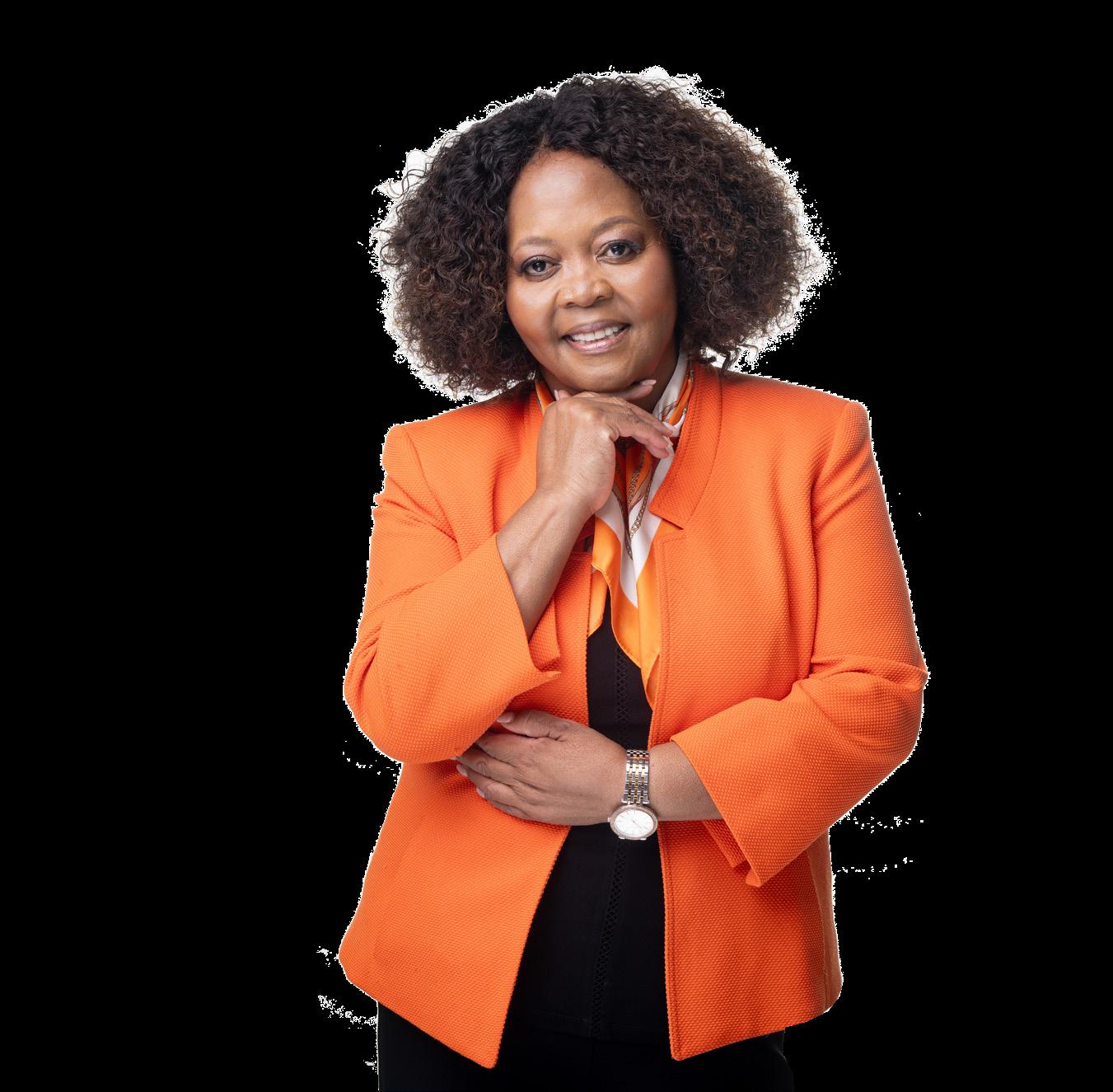
These contributions highlight the rich diversity of thought, experience, and leadership across the Global South. As you engage with the stories in this issue, I hope they inspire you to pause, reflect, and consider how we can all contribute to a more inclusive and equitable world. Because change isn’t just something that happens, it’s something we create, together.
This quote sums it up for me: “The true test of character is not how you behave when things are going well, but how you stand at times of adversity.”
NLEADING LIKE WE BELONG: A LOVE STORY FOR THE WORKPLACE
BY SIPHOSETHU NDUNGE
ene Molefi, CEO of Mandate Molefi, an international speaker, author, and facilitator is a globally respected DEI strategist whose leadership demonstrates that inclusion is not about compliance, it is about creating an enabling environment through caring and values driven leadership. Through her facilitation of complex conversations on race, gender age, LGBTQ+, and intersectionality, she has redefined what it means to lead with both conviction and compassion. Having had the privilege of working alongside her, I have seen how she cultivates cultures where people feel seen, heard, and empowered. Her leadership is a masterclass in balancing authority with empathy, proving that a workplace rooted in love fosters trust, innovation, and lasting impact.
Mava Shude, the late Chief Financial Officer of Langeberg Municipality, embodied a leadership style that is often undervalued in corporate spaces: one built on emotional intelligence and ethical stewardship. In a governance landscape where authority is frequently detached from human connection, he understood that leadership meant listening, engaging, and centring the dignity of those he served. His approach reflected what many in the Global South have long practised, true leadership is not about hierarchy, but about relationships. It is about ensuring that progress is not just measured in financial performance but in the well-being of people.
Workplaces across industries have much to learn from such leadership. Love in the workplace is not a soft ideal; it is a strategic necessity.
The Global South, with its traditions of communal leadership and Ubuntu, offers a powerful model for rethinking leadership beyond rigid individualism. It challenges corporate cultures to move beyond transactional relationships and embed care into policies, decision-making, and everyday interactions.
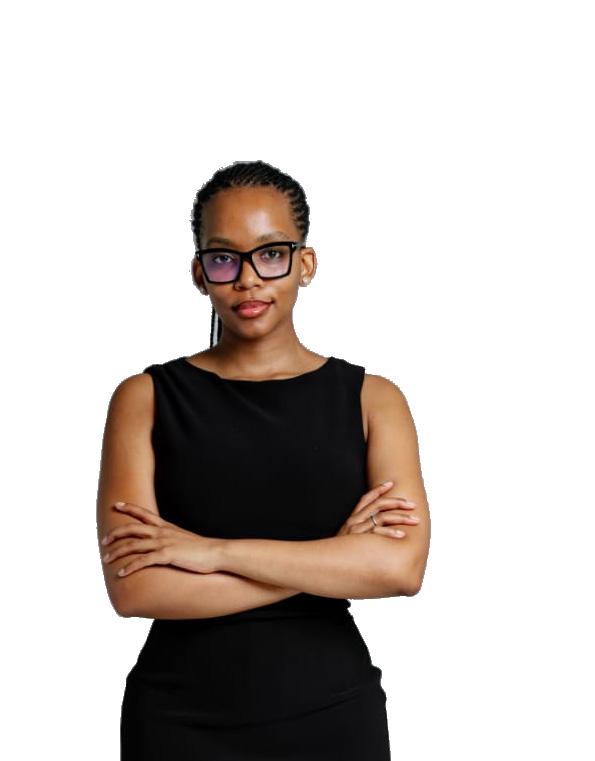
When we lead with love, we create workplaces where inclusion is not just a statement but a lived experience, where people bring their unique selves, knowing they belong. And when leadership is rooted in love, it does not just transform organisations; it leaves a lasting impact on the people within them.
“Love in the workplace is not a soft ideal; it is a strategic necessity.”
Judy Dlamini, Chancellor of the University of the Witwatersrand and Founder of Mbekani Group
Buthelezi, Executive Manager: HR at Harmony Gold
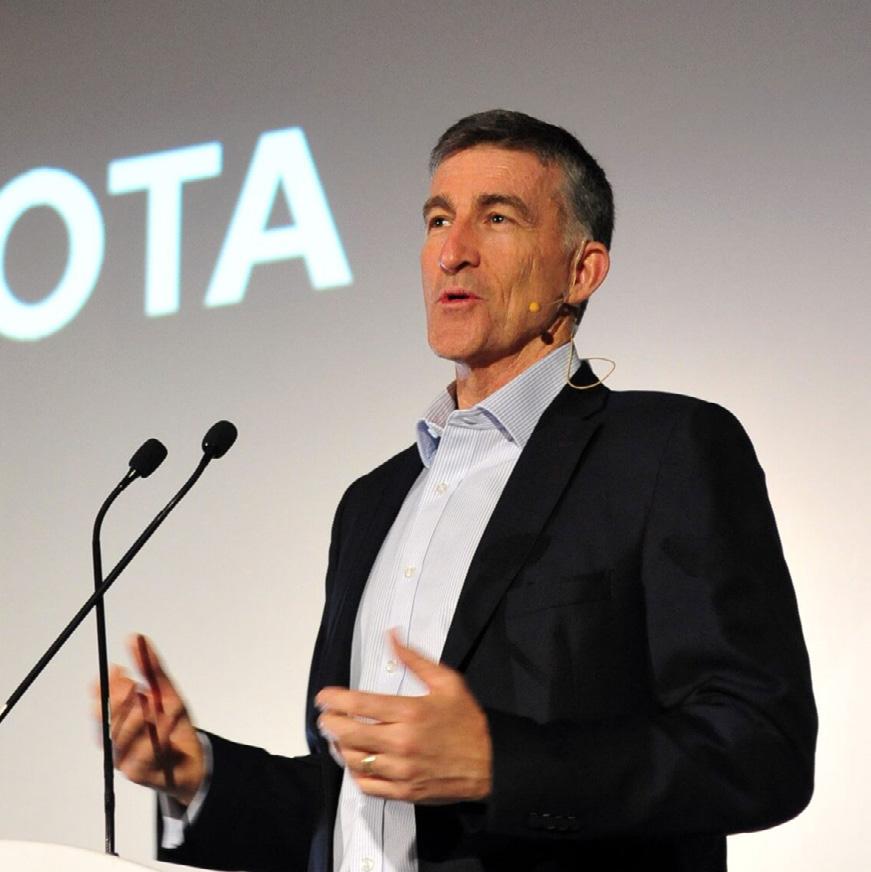
Ndaba,
Mpugwa, Chief
Niru Kumar, Medical Doctor, Psychologist & Gender Diversity
Mubarik, CEO of HR Metrics
Mojanku Gumbi, Chancellor of the University of Venda
Genga,
Garba, CEO of
Nolitha Fakude, President of IWFSA
Khanyile, Chair of the Catalytic Strategy Committee
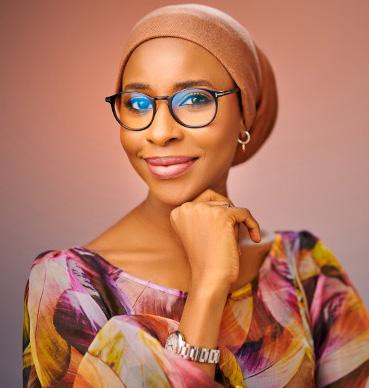
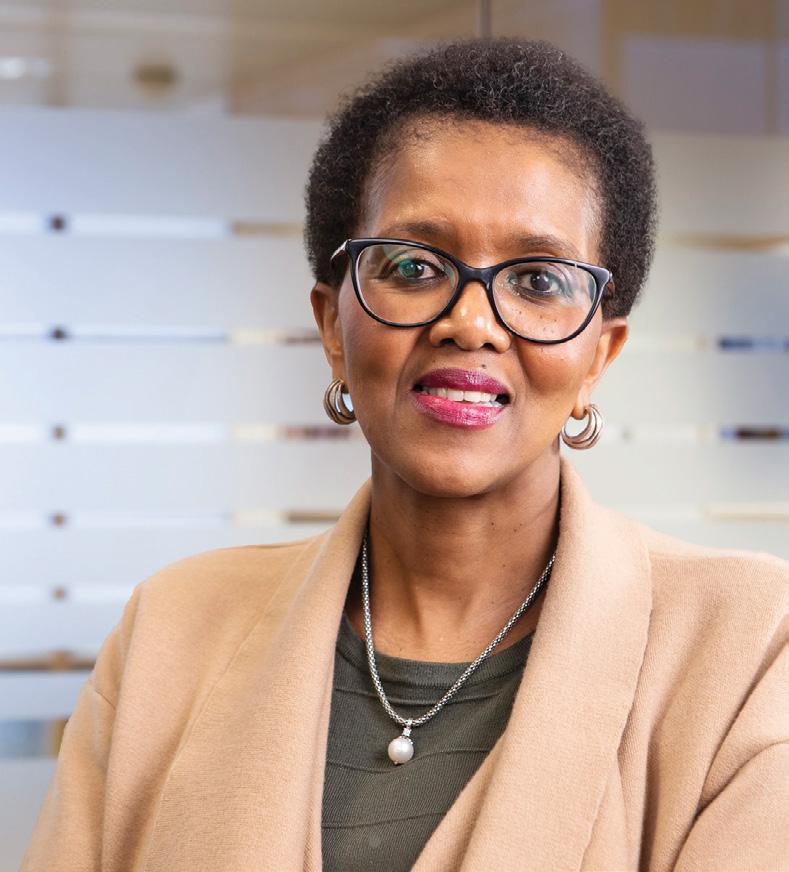
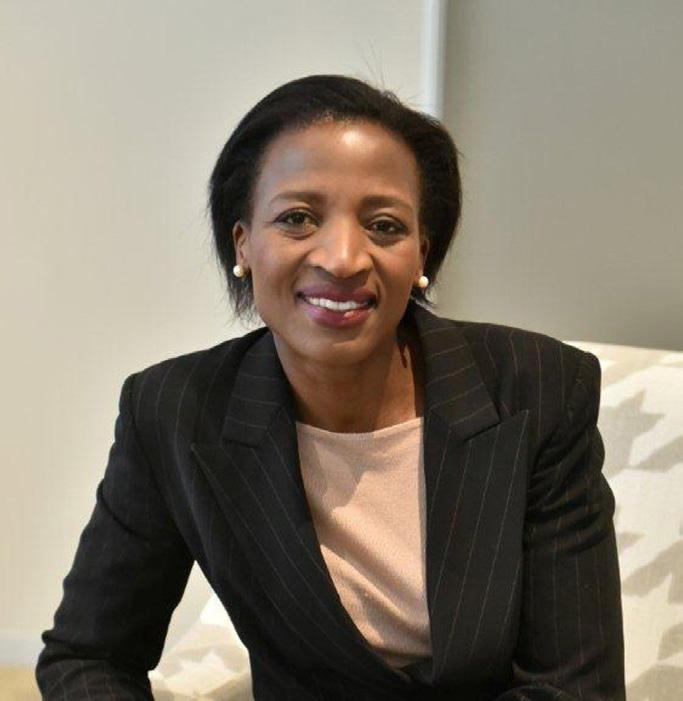


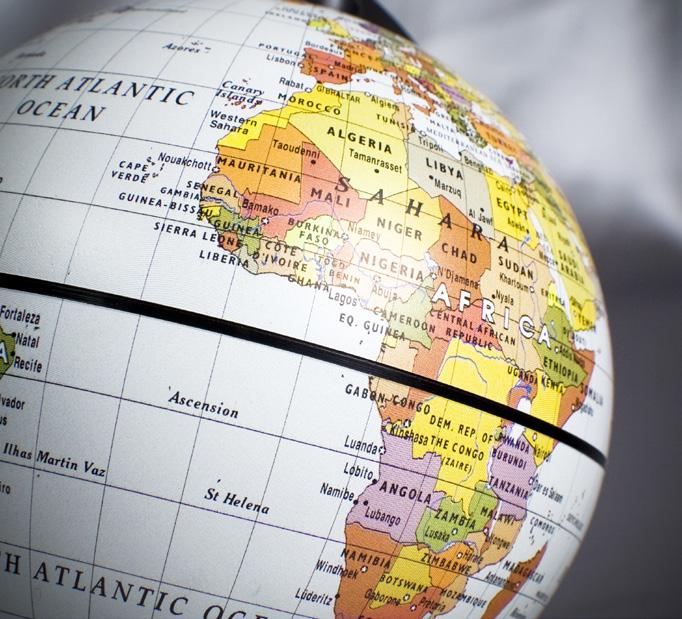
NOMAZILO
SIPHOSETHU
STEPHEN
DR.
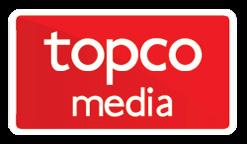



“THE ROOTS OF INCLUSION ARE PLANTED AT SCHOOL, NOT IN THE WORKPLACE.”
DR. JUDY DLAMINI FUTURE NATION SCHOOLS.
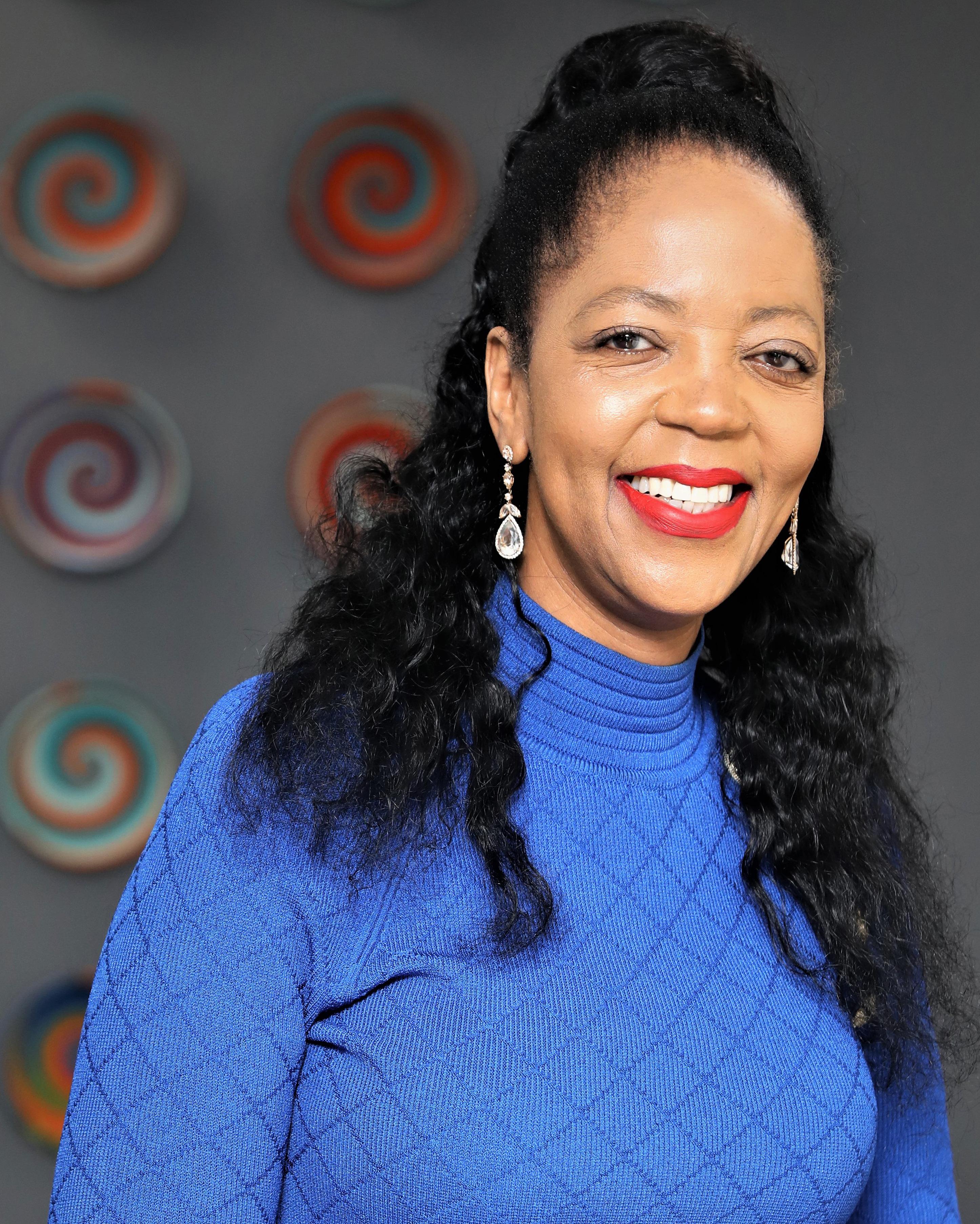
INCLUSION STARTS AT SCHOOL — NOT IN THE WORKPLACE
SOUTH AFRICA
We often treat inclusion as a workplace issue — something to be managed with HR policies, training, and diversity strategies. But by the time someone enters the workforce, their worldview has already been shaped. Inclusion is not seeded in boardrooms. It begins in classrooms.
If we want to build a truly inclusive society, we must start where minds are still forming and identities are being shaped — in schools.
Dr. Judy Dlamini’s life journey is a compelling testament to this truth. From humble beginnings as a black woman in a working-class family, she broke through systemic barriers to become a medical doctor, a business executive, an author, and the first woman chancellor of the University of the Witwatersrand. But it is not just her success that defines her — it is her unwavering commitment to creating opportunities for others, especially through education.
Together with her husband, Sizwe Nxasana, a South African business executive, Dr. Dlamini transformed a struggling school on a farm into a functional and inspiring place of learning for hundreds of children in an impoverished area. They didn’t wait for government handouts or policy shifts. They listened to the community, signed an indefinite lease, and rebuilt the school. They provided technology, connectivity, and quality teaching. In doing so, they weren’t just educating children — they were planting the seeds of inclusion, justice, and hope.
Her efforts extended beyond infrastructure. Dr. Dlamini saw the power of integrated learning ,that incorporates academics, culture and identity. Learners must know their heritage as they become professionals in their chosen field of academics. That’s why she and her husband working alongside their daughter co-founded the Sifiso Learning Group (named after their late son Sifiso) with the partner facing entity being the Future Nation Schools — to design education that celebrates African heritage, equips students with project-based skills, and prepares them to solve real-world problems with confidence and compassion. Future nation schools, like the name suggests, also offer subjects like coding and robotics to prepare learners for a fast changing and technology driven world.
This work is powerful because it addresses the root of inequality. When children are exposed to highly sought after skills at an early age and also taught to value themselves and others, regardless of race, background, or gender, they grow into adults who contribute to a great nation. This is the foundation of inclusive workplaces, inclusive communities, and ultimately, an inclusive world. Dr Judy sees education as being bigger than just the schools but it’s the system that must change to transform our society so they collaborate with other universities to have wider impact than what her family can do.
As the first woman to become chancellor of Wits University, she was deeply concerned by the gender disparities in academia. Building on her doctoral research on gender, she founded the Female Academic Leaders
Fellowship. Using Wits University as an incubator, she invested her own seed funding to initiate this path of change—aimed at supporting and enabling more women to advance to professorships and other leadership roles. As she so eloquently put it “Through this Fellowship, we want to see professors and academics who reflect the majority of the student body — because that’s how meaningful role modelling happens.”
The impact has been remarkable. The program has fostered the development of interdisciplinary “pods” where female academics mentor one another, creating a network of support and growth. This collaborative, systems-based model mirrors her broader vision—similar to the approach she has taken with Future Nation Schools.
Dr. Judy’s work demonstrates that sustainable workplace inclusion must be grounded in inclusive education. Though modest in scale, both the Female Academic Leaders Fellowship and Future Nations School contribute meaningfully to national impact across the Global South.
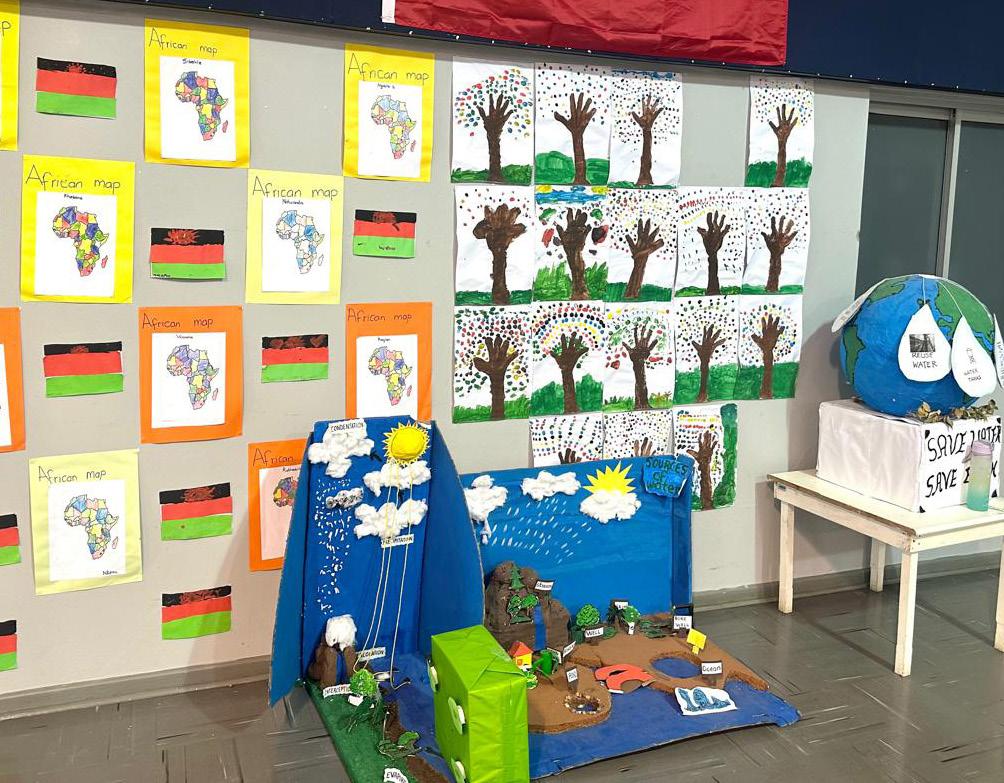

“The things that drive me are social inclusion and social justice. My passion emanates from being an underdog.”
- DR JUDY DLAMINI-
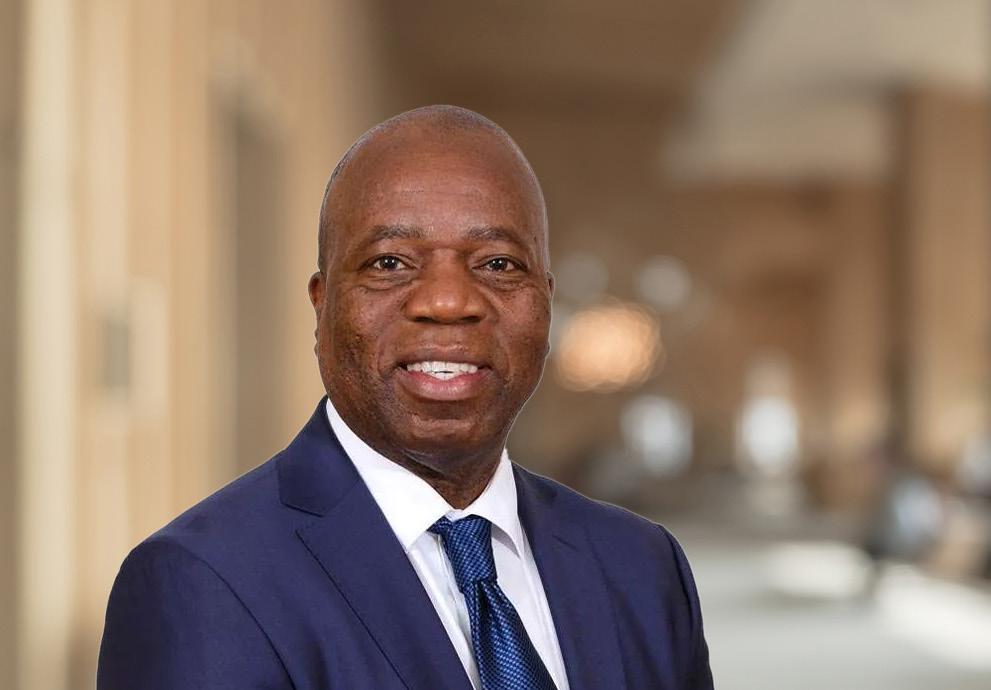
Historically the mining sector in South Africa (and other parts of the world) is the most male dominated and untransformed sector in South Africa. However some mining companies are putting their money where their mouth is....
Unlike other leaders who require an enormous amount of convincing about integrating DEI into an organization’s strategy, Anton sees it differently. “Inclusion is a loyalty thing” says Buthelezi. “To perform at our best, we need to feel that our presence and contributions matter.” He emphasises that a lack of belonging can lead to employees withholding their contributions, which ultimately hinders both personal and organisational growth. For Buthelezi, true inclusion is about more than just policy changes, it’s about how people interact with one another on a daily basis.
When asked what inclusion looks and feels like for him he said, “I feel that I belong when I’m listened to, when people respect my opinions and views,” he explains. Buthelezi highlights the importance of leaders to create such spaces for their employees. “I work hard and long hours. I want to be seen as part of this team,” he adds, underscoring the human aspect of workplace inclusion. “By inclusion, I do not mean that my opinions should always be
accepted by my colleagues, but at least, let me put them across first, then I can be challenged once someone understands what I am saying.”
What does he see as difficulties in driving DEI? Buthelezi identifies leadership buy-in as one of the most significant challenges in driving diversity and inclusion. “While this might sound like a cliché, it is a fact that if top leaders haven’t bought into the DEI agenda, the efforts of those who are trying to implement it will fizzle out – it just won’t happen,” he asserts.
Buthelezi acknowledges the progress made under the current leadership, he gives special recognition to the immediate past CEO, Peter, who views inclusion as a natural and necessary step for the company. “We made big strides after he joined.” Buthelezi reflects.
INNOVATIVE APPROACHES TO TRANSFORMATION
Harmony Gold has taken several innovative steps to ensure continuous transformation and inclusivity within the organisation. “We’ve well exceeded compliance, but we’re still working on getting more women into senior leadership roles,” says Buthelezi. He points out that the company has intentionally prioritised designated groups, particularly women, in their
THE LOGICAL PATH OF INCLUSION: ANTON BUTHELEZI’S VISION FOR HARMONY GOLD

learning programmes. This intentionality, although initially met with resistance, has gained significant buy-in over time.
One notable initiative is the recognition of departments that have exceeded their transformation requirements. At the CEO’s annual dinner, top performers in transformation are acknowledged and incentivised. “Many managers want to be the best,” notes Buthelezi, indicating that the incentive structure has motivated even those who might have been resistant to change. Harmony Gold’s commitment to inclusivity extends beyond its internal operations. “While this is integral to the day-to-day business of Harmony - it should also reflect society.”
Buthelezi believes that Harmony cannot just commit to DEI as an internal project. The company has been particularly intentional about supporting women-owned businesses in the procurement space. “We’ve developed a woman in the community who now supplies us with engineering services, a space previously dominated by white males. We are deliberate about supporting business beyond the traditional support services to include those local businesses and industries that have historically excluded certain groups.”
In addition to procurement, Harmony Gold runs community development programmes that train young people in mining skills. “We train about 500 young people a year in different communities,” says Buthelezi, demonstrating the company’s dedication to empowering the next generation of workers and contributing to the broader community.
Buthelezi’s vision for South Africa is one of continued transformation and growth. “My big dream is a woman president,” he says, reflecting his belief in the importance of diversity at the highest levels of leadership. He recognises the progress the country has made but believes there is still much work to be done, particularly in transforming industries that have been slow to change.
Ultimately, Buthelezi’s legacy at Harmony Gold is one of transformation not just in terms of diversity, equity and inclusion, but in the overall success of the business. “This organisation has seen significant growth, and that legacy is something our executive team is proud of,” he concludes. His vision and a desire is to leave behind a society and family grounded in values of respect, inclusion, and faith. •
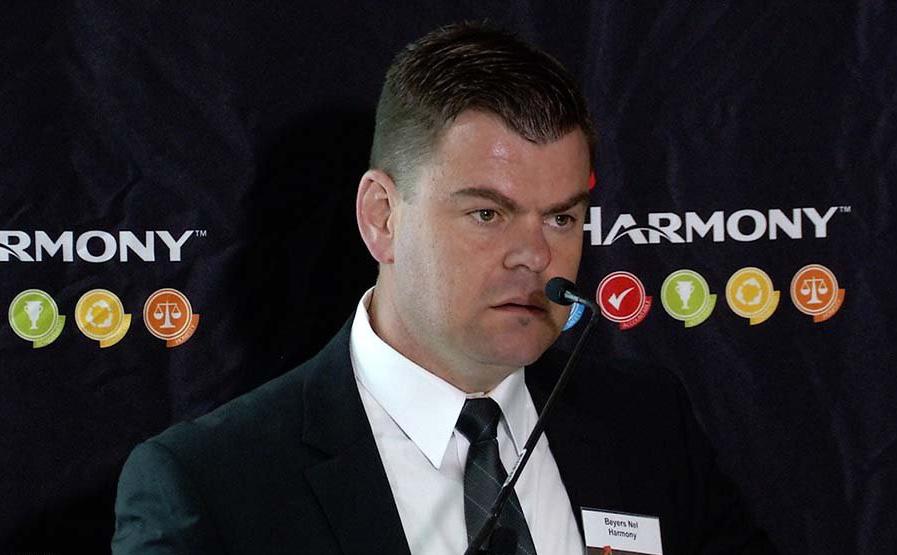
One of the benefits of having a CEO who has grown through the company they are leading is that they have a unique appreciation of the challenge and journey that the level of leadership has gone through.
Speaking candidly about his motivations for wanting Harmony to demonstrate true commitment to transformation. Nel underscored the importance of inclusion, not just as a corporate mandate but as a process shaped by his experiences as a father and a leader.
Nel’s dedication to inclusion stems from his role as a father to two young daughters. “I’m a proud father of two young girls, and as a parent, you think about how you’re going to raise them. You want them to know they can be anything they want to be. They don’t have to take a back seat to anyone,” Nel asserts. His desire to see his daughters thrive and become the best versions of themselves has fueled his activism for inclusion within Harmony Gold.
This personal connection has influenced his broader perspective on diversity. Nel acknowledges that while gender is a significant aspect of inclusion, it is by no means the only one. “Diversity, equity and
inclusion are much broader than just male and female.” he said, emphasising the importance of creating an environment where everyone feels included and valued.
For Nel, leadership transcends the traditional corporate boundaries and enters the realm of the spiritual. He views leadership as a responsibility to create an environment where everyone, regardless of their background, is included. “Leadership maturity should graduate from being about yourself to being about others,” Nel stated, highlighting the importance of fostering a culture where every individual feels valued.
This spiritual approach to leadership informs Nel’s commitment to DEI at Harmony Gold. He believes that true leadership involves not just making decisions that benefit the majority but also considering the needs and challenges of the minority. “If 99% of the herd is in the crop, but one is outside, you can’t take comfort in the 99%. The pain is real for that one or two or five or ten people in the business,” he said.
Under Nel’s leadership, Harmony Gold has made significant strides in transforming its senior leadership and fostering a culture of inclusion.

CHAMPIONING INCLUSION AS A DEEPLY PERSONAL ENDEAVOUR: INSIGHTS FROM BEYERS NEL, GROUP CEO OF HARMONY GOLD MINING COMPANY
He is particularly proud of the changes at the board and executive levels, where diversity is not just a symbol but a reality.
“It’s vital for a top leader to make those decisions and appointments because it creates an environment and a culture of inclusion,” Nel explained. This commitment to diversity at the highest levels sends a powerful message throughout the organisation.
Nel’s vision extends beyond the company’s internal operations also focuses on enabling economic participation of marginalized communities. Harmony Gold has taken active steps to support local communities, particularly through its procurement policies, which prioritise the development of SMEs and entrepreneurs. These initiatives, Nel believes, are about more than just compliance.
His visible support and the leaders development program which is taken very seriously with Harmony with yearly graduation of different levels of leaders makes him a present and conscious leader who leads with passion.
“Harmony has gone way beyond doing it for the sake of keeping your licence in compliance. These are real-life case studies of how people have benefited from Harmony’s programmes,” he noted.
Nel is optimistic about the role of Harmony Gold in driving broader societal change. He envisions a legacy where the company’s inclusive culture is scaled beyond its current operations, making a global impact. “If I could package the Harmony culture in a bottle, label it, and sell it, that would be a victory for me,” Nel concluded.
Nel’s reflections offer valuable insights into the role of personal values in shaping corporate leadership and underscore the importance of continuous improvement in the pursuit of diversity, equity, and inclusion. At Harmony Gold, these principles are not just policies, they are a way of life, driven by a leader committed to making a lasting impact.
Nel has just taken over as the new Group CEO having served as COO. His ascension to this position is a testament of his dedication to growing Harmony as a company while ensuring that the goal of inclusion is also achieved.•
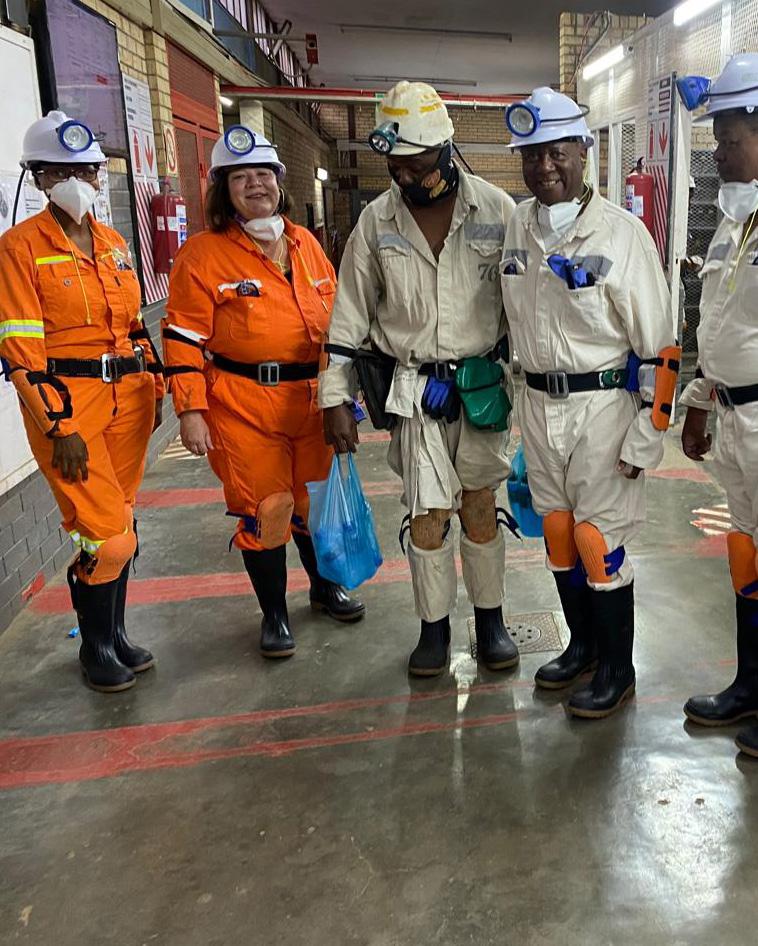
INCLUSION DRIVES SAFETY BEHAVIOUR
BY BONGANI NDABA
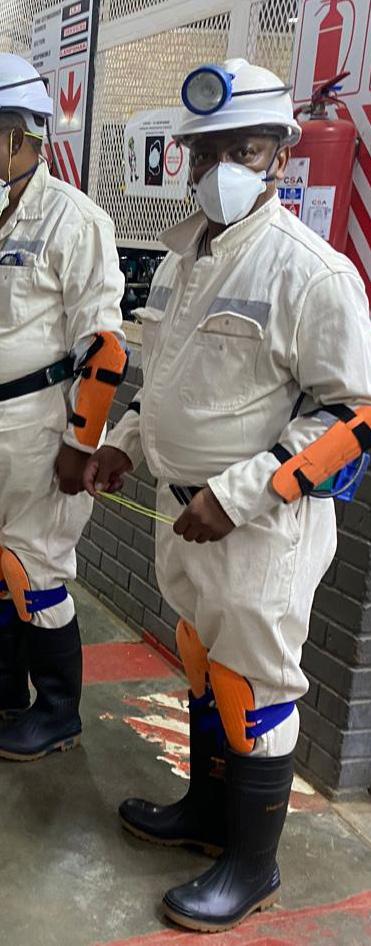
TCompanies are increasingly focusing on balancing employees’ health and safety with production to align with customers and investors’ expectations. There is a growing demand for consumer goods to be produced under strict health conditions to eliminate risks to employees and customers from contamination or possible poisoning.
Employees safety has also intensified with focus on ensuring that employee understand all safety rules and standards and that they are followed all the time. There is a lot of evidence which points to the fact that most injuries or fatalities in the workplace, are due to human error or not following known procedures.
There is a holistic approach to safety training which is being implemented at one the leading mining industries in SA. Employees are taken through safety training with focus on intrapersonal and interpersonal awareness. The intrapersonal focuses on Why is safety important to an individual. Why do I want to work safely and to Whom does it matter that I am safe. There is integration at the heart level with safety behaviour. “What you believe is what you do consistently”
My experience facilitating workshops using this methodology is that when participants understand their own reasons why they should work safely, they challenge their current unsafe behaviours and and it becomes easy to commit to safe behaviours.
Safety is not only about how you behave it is also about the relationships we have with other people. It is about whether employees feel valued or heard. Furthermore, it is about creating a culture of inclusion in teams where there is psychological safety to challenge, ask questions, and exposing risks without fear of retribution. Employees are given tips and tools which they can use to create an inclusive culture “I look after you, you look after me”. Employees in all workplaces are diverse, and it is important to equip them with skills of inclusion to create conducive environment to foster safe behaviours among staff.
I have observed that employees implement the safety procedure easier and willingly when they feel valued and included. It is important that teams resolve interpersonal challenges, so they do not become barriers to mutual care and respect. “I have seen leaders who are open to listening and willing to shift their perspectives based on employee input—this often leads to improved team safety. When employees feel heard, they share their expertise and highlight risks associated with their roles, which helps prevent accidents and injuries. The culture of a team or organisation directly influences safety outcomes—they are deeply interconnected, not separate issues.
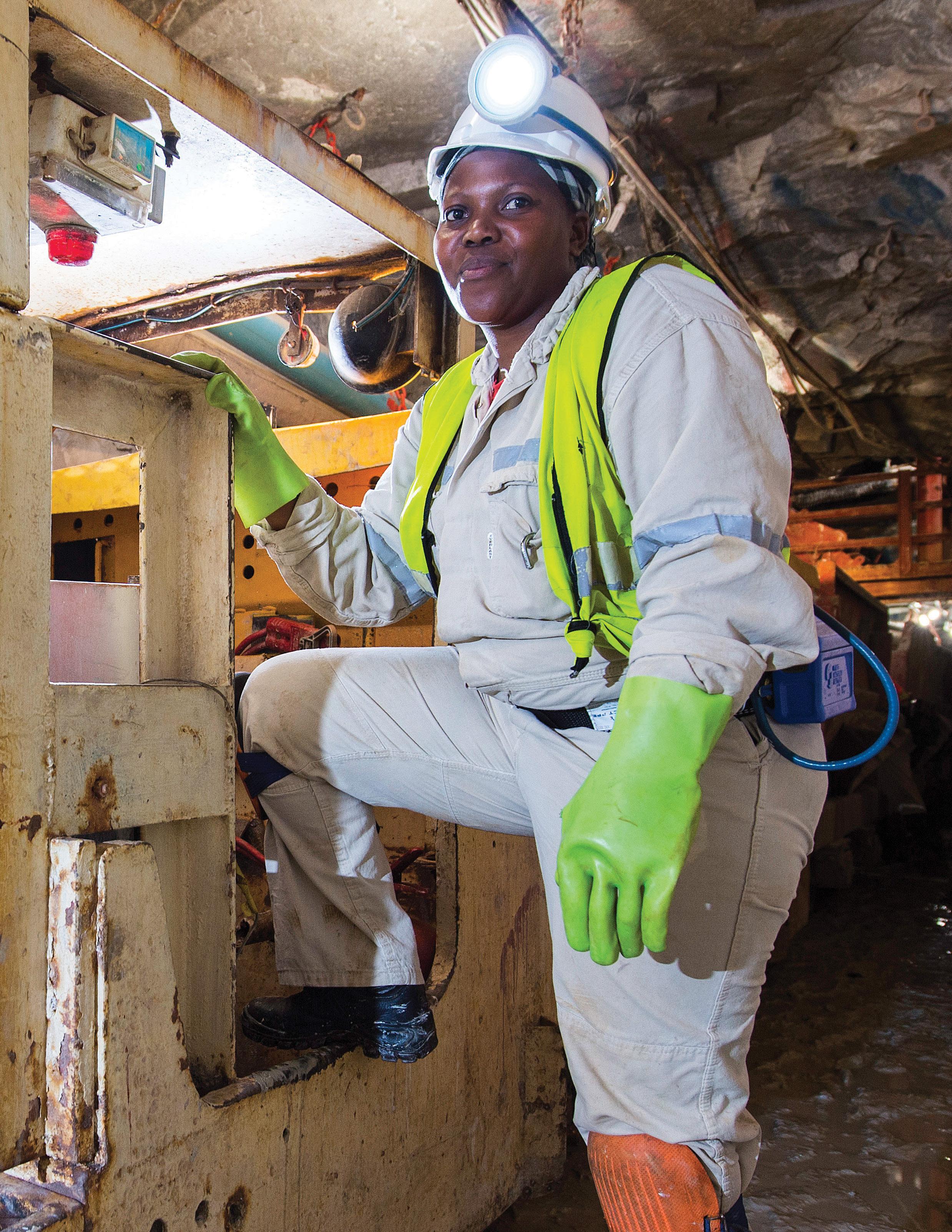


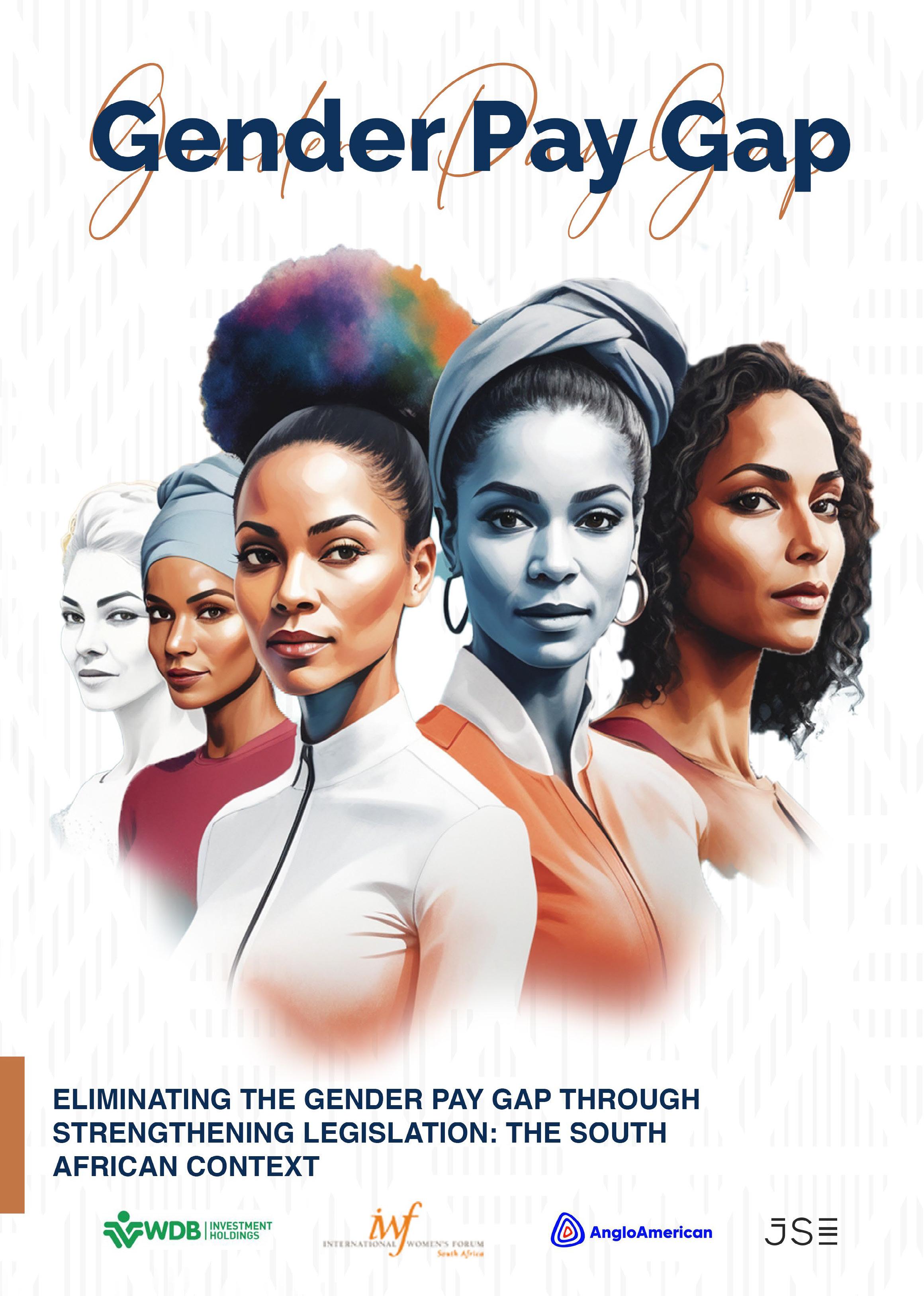
ANDREW KIRBY: A CULTURE CHANGE JOURNEY WITH TOYOTA SA
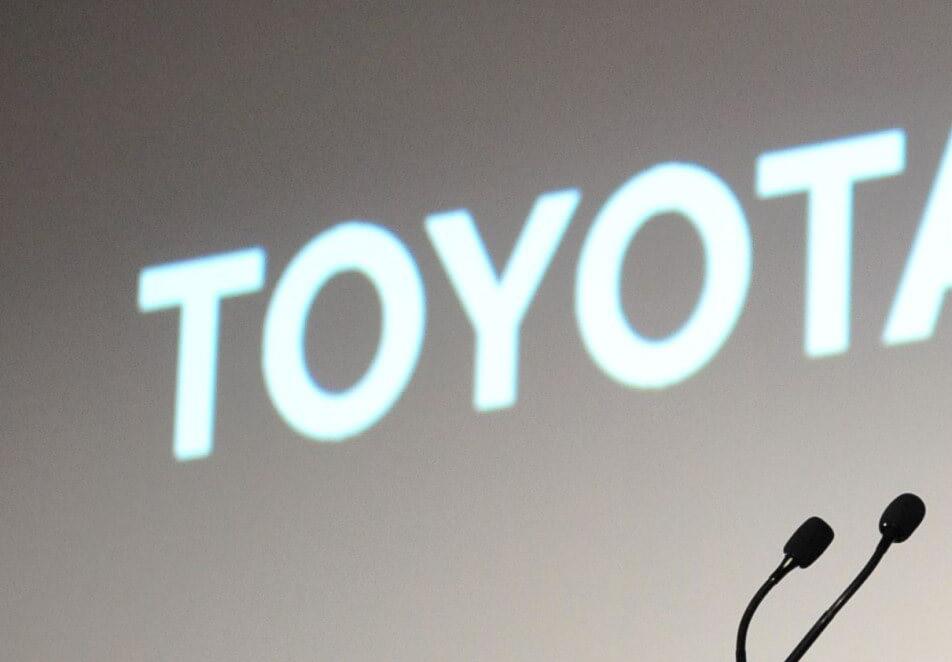
Andrew Kirby is the CEO of Toyota South Africa (TSAM) whose career in the automotive industry spans over three decades. His extensive experience with Toyota includes roles in the United States, Japan, and South Africa, which have profoundly influenced his view on diversity and his leadership style. Andrew is at the forefront of a culture change in TSAM from its headquarters in Durban.
Leaders who decide to drive a change in culture in their organisations, with intentionality and passion, often attract scrutiny and may even face criticism because that strategic decision shines a spotlight on them and their efforts, yet those leaders who put culture change in the back banner might go scot-free from criticism. But why is this?
In our many years of consulting on culture change and diversity, equity and inclusion, we have observed how a false narrative of “we are here to focus on real business and not soft issues” can be entrenched in organisations. Not only can this narrative be entrenched but it would be pitied as a sign of real commitment and fulfilment of shareholder interests. Yet if you study the impact of
culture on performance you will notice how misleading this narrative is.
If you want to make a lasting impact as a leader, you need to ensure that as you drive the achievement of company objectives, these are not seen as isolated, but rather part of embodying a culture of inclusion and performance. Many studies have shown that, diverse, equitable and inclusive workplace enable high performing teams. In addition, a leader who values diversity would also seek to have an impact beyond the narrow confines of the organisation they lead.
Kirby’s impact extends beyond Toyota’s internal operations. He is an active participant in automotive and manufacturing industry bodies, where he shares crucial insights and forecasts about market trends and dynamics within the automotive sector.
Under Kirby’s leadership, Toyota South Africa has achieved significant milestones, such as record-breaking sales volumes and increased market share, demonstrating his strategic acumen and ability to navigate challenging market conditions. Despite recent market challenges, Toyota South Africa is committed to regaining
SOUTH
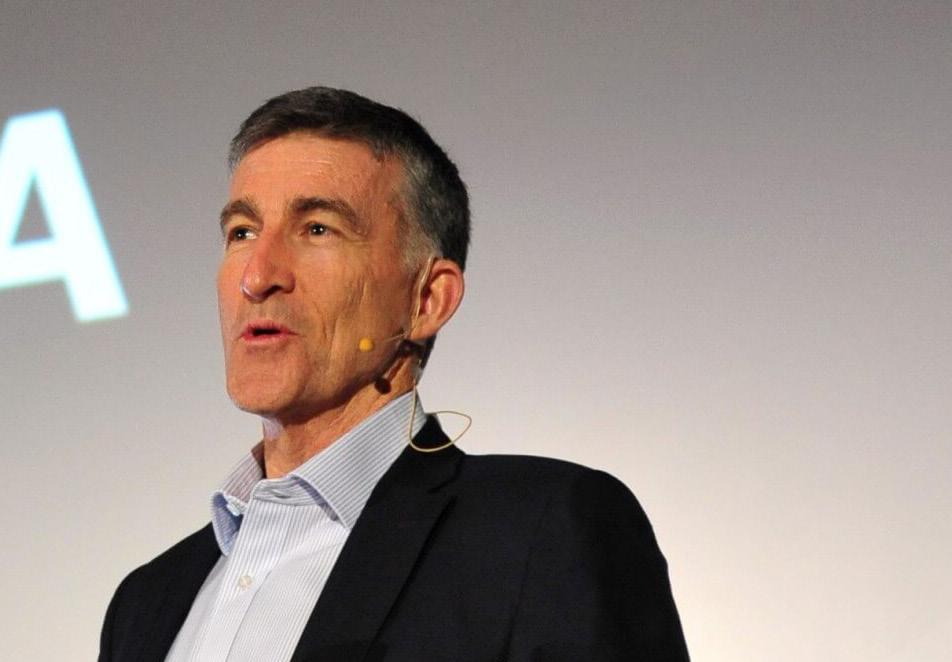
its excellent track record. Reflecting on his career journey, Kirby advises his younger self to embrace adventure and live in the moment, highlighting the importance of mindfulness and appreciating life’s experiences.
One of Kirby’s most inspirational initiatives is the culture change and diversity, equity, and belonging (DEIB) journey at Toyota South Africa. This journey began with his executive team undertaking a number of DEIB initiatives from 360 degree assessments, one-on-one feedback and personal development plans and several workshops before staff could begin their journey. These executive dialogue sessions covered extensive aspects of DEI, starting with examining their unconscious biases and later incorporating diversity of thought, gender inclusion, neurodiversity, etc. This ensured that they experienced the training and made personal commitments to DEI principles as leaders. Individual executive coaching sessions are taking place monthly and as the need arises.
A further demonstration of intentionality is evident in his engagement with staff through focus group sessions engaging directly with employees at various organisational levels, particularly junior staff. As
CEO, he did not only want to rely on line managers to communicate employee experiences, Kirby prioritised first-hand understanding of employee perspectives, challenges, and innovative ideas. These sessions have been highly valued by staff.
As a global company, TSAM recognises the importance of tailoring its DEIB strategy to reflect the unique cultural context of each region it operates in. This is clearly demonstrated through the language and approach used during its DEIB initiatives, particularly with the introduction of sawubona—a Zulu word meaning: “I see you.” Far more than a greeting, sawubona symbolises TSAM’s commitment to building an inclusive culture where every person is seen, heard, and celebrated.
This philosophy shapes TSAM’s DEIB journey, fostering a workplace that embraces diversity, encourages open dialogue, and acknowledges the value of every individual’s contributions. By embedding these principles into everyday interactions, TSAM strives to create an environment where everyone feels empowered to thrive, making diversity, equity, and inclusion integral to the organisation’s culture. •
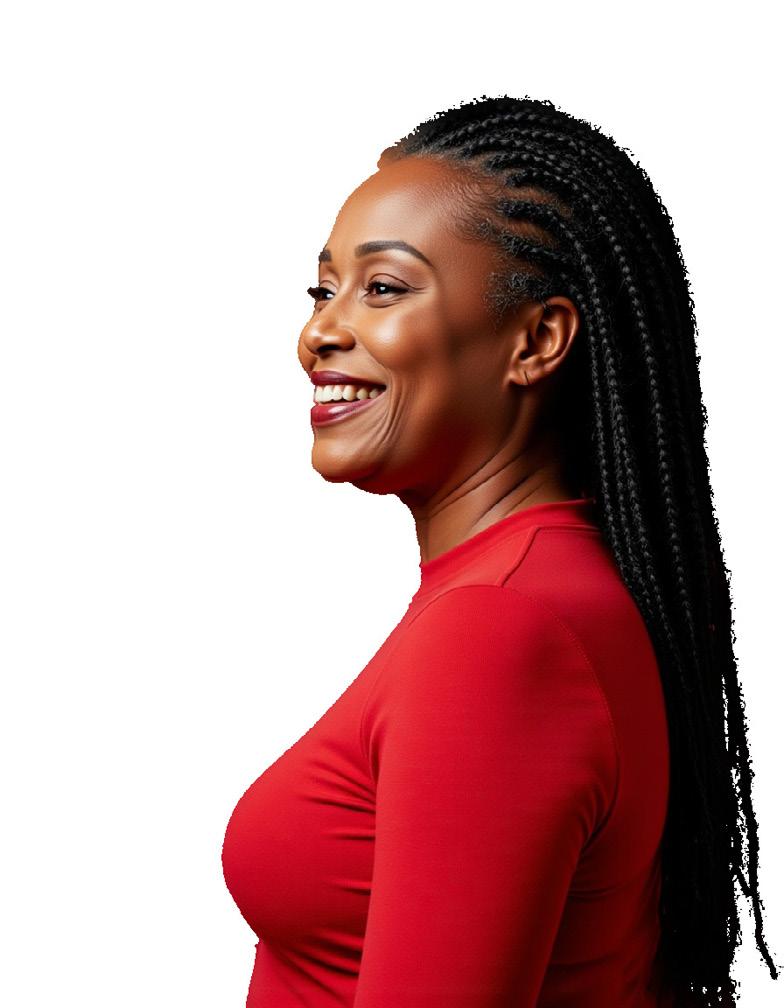

A Culture that Thrives.
At Toyota South Africa Motors, our mission is to produce Happiness for All, from the smiles of our customers, to empowering our people to unleash their futures and make a difference in the world.
We believe in the power of our people to set the future in motion!
We strive to build an organisation that reflects the rich diversity of society, and which values the unique contributions and backgrounds that unite us.
We celebrate individual and collective talents, and foster an environment where everyone thrives, where everyone belongs and where everyone contributes to our shared success!
At Toyota South Africa Motors, everyone is Seen, Heard and Celebrated!
AFRICAN PROVERBS
WITH AN INCLUSION LENS
“Wisdom is like a baobab tree; no one individual can embrace it.”
— Origin: Akan (Ghana)
Inclusion Lens: Knowledge is not the monopoly of a few. True progress comes from valuing diverse voices and lived experiences.
“A child who is not embraced by the village will burn it down to feel its warmth.”
— Origin: West Africa
Inclusion Lens: Exclusion breeds resistance and unrest. Inclusion is not charity — it’s the foundation of social cohesion and safety.
“Until the lion learns to write, every story will glorify the hunter.”
— Origin: Zimbabwe / Nigeria
Inclusion Lens: A profound call for narrative justice — ensuring marginalized voices are not erased or spoken for.

“When elephants fight, it is the grass that suffers.”
— Origin: East Africa (Kikuyu/Kenyan)
Inclusion Lens: High-level conflicts (e.g., leadership or political power struggles) disproportionately harm those at the margins — a call for responsible leadership and equitycentered decision-making.
“Rain does not fall on one roof alone.”
— Origin: Cameroon
Inclusion Lens: Challenges — and solutions — are collective. A key insight for intersectional approaches in addressing systemic issues.
“When the roots are deep, there is no reason to fear the wind.”
— Origin: African proverb
Inclusion Lens: When inclusion is rooted in core values, an organization or society becomes resilient — even in the face of backlash or change.
AN INTERSECTIONALITY APPROACH: A PERSPECTIVE FROM KENYA FINANCIAL SERVICES SECTOR.
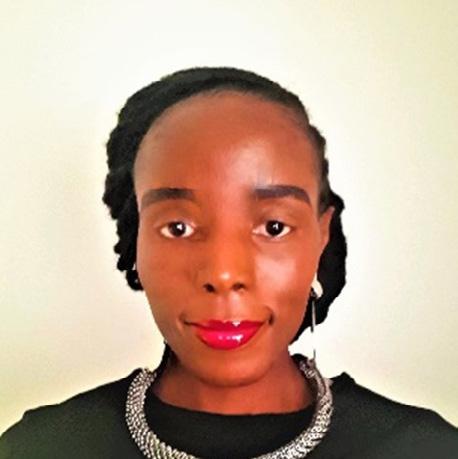
BY DR CHERYL GENGA

INTERVIEW WITH 10 WOMEN FROM KENYA FINANCIAL SERVICES SECTOR ON GENDER ETHNIC GROUPS
Kenya is incredibly diverse, with more than 42 ethnic groups. Despite this diversity, the concepts of diversity, equity, and inclusion (DEI) have not yet been widely recognised or implemented within the Kenyan financial sector. This article employs an intersectionality approach, focusing on ethnicity and gender to explore the inequalities and discrimination that prevent many Kenyan women from advancing in their careers within this sector. The concept of intersectionality was first introduced by Kimberlé Crenshaw in 1989. She critiqued legal frameworks that overlooked the unique experiences of African women due to a lack of attention to the complexities of their identities.
Crenshaw argued that a singular focus on either race or gender is limiting, as it fails to capture the multiple dimensions that shape the daily lives of African women. This narrow perspective can erase the
diversity of experiences, particularly for those who are different, and it highlights the shortcomings of feminists in addressing the intersection of social identities and categories, such as ethnicity and gender.
The intersectionality of ethnicity and gender adds complexity to the study of women in the workplace. It explores how African women encounter various sources of gender discrimination and inequality. This theoretical and empirical approach highlights the intersections of different categories and emphasises how multiple forms of inequality interact to shape individual identities. A key aspect of intersectionality is that a person is not merely the sum of their social group memberships; rather, each group interacts with one another to influence experiences and manifestations that cannot be explained by affiliation with a single group. Ethnic identity can shape, strengthen, or weaken gender-based identities. The intersectional approach raises
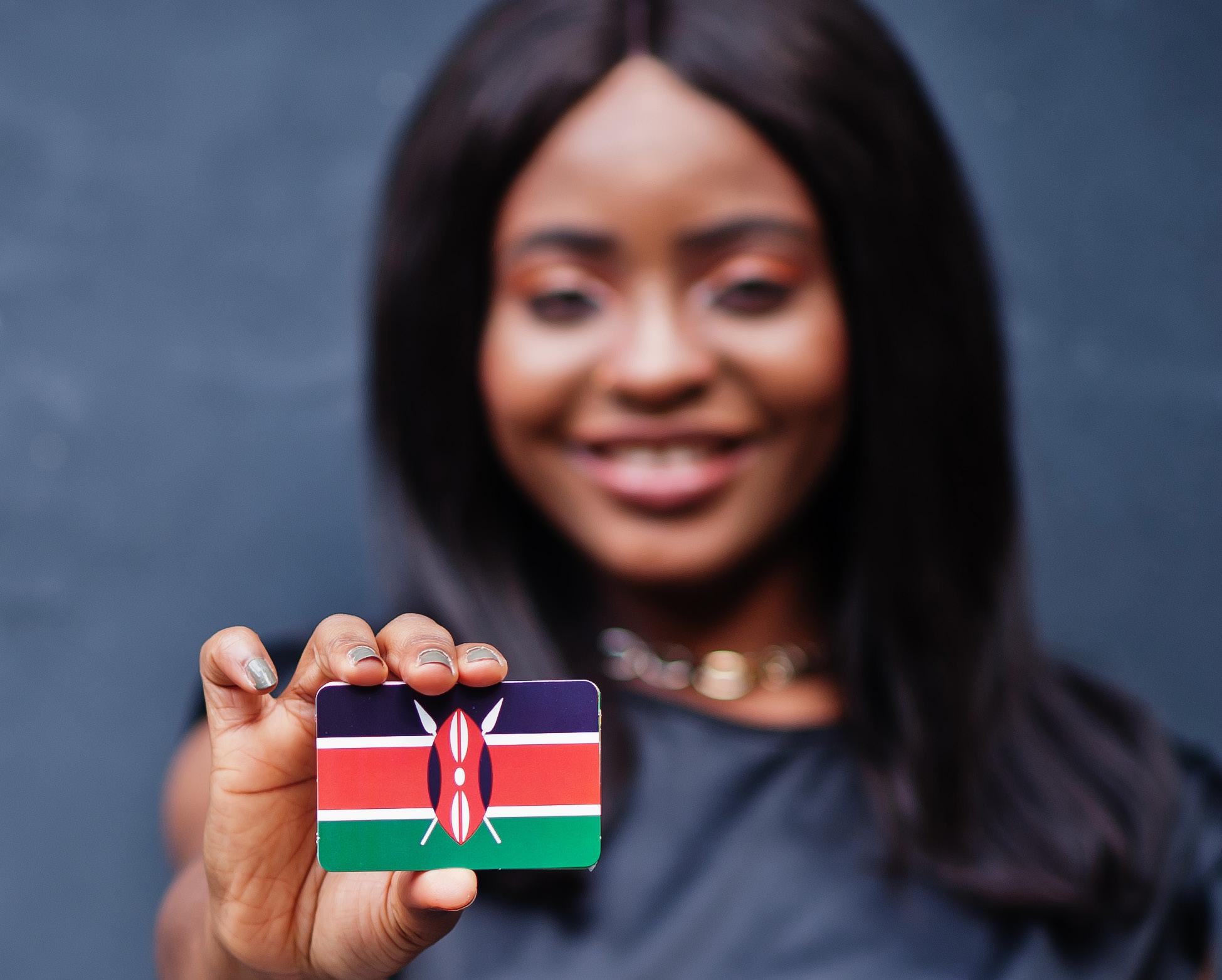
critical questions about how group memberships, such as ethnicity, and beliefs about inequalities beyond gender intersect and affect women’s career advancement.
Ethnicity is a socially constructed concept that plays a vital role in determining who belongs to an ethnic group and who does not. In Kenya, ethnicity influences individuals at varying levels of intensity and is shaped by personal daily experiences. This article focuses on how both ethnicity and gender significantly impact career advancement in the Kenyan financial sector, drawing on the narratives and experiences of African women managers working in this field. The women managers featured in this article come from different ethnic groups in Nairobi, Kenya. Their experiences illustrate that both ethnicity and gender play crucial roles in career progression within the banking sector. Ethnicity fosters a sense of belonging among
individuals and distinguishes members of a group from non-members, thereby establishing boundaries of inclusion and exclusion regarding access to opportunities in the financial sector. The managers’ accounts reveal that ethnicity influences recruitment practices within banks, as certain ethnic groups are often overrepresented in specific departments or within the bank as a whole.
“In Kenya, it does happen; even in my workplace, it occurs to a certain extent. Unfortunately, some individuals may not be obvious about it because it’s unethical and could be grounds for dismissal, as my work does not condone it. However, you may notice that in certain departments, only people from a specific tribe seem to be running things, or you might observe that a significant percentage of the Directors come from one ethnic group. I’m not sure if this is deliberate or not, but it raises questions about what’s really going on here.” (KW430).
“In some places, this may be true; however, it may not necessarily apply to this bank. I have observed that in our bank, there is a certain tribe that makes up the majority. I’m not sure if this is intentional or not, but that is the reality we face. We have a particular tribe that has more representatives here, so I cannot comment on whether this serves as a specific hiring requirement.” (KW550).
Ethnicity leads to both inclusionary and exclusionary practices that maintain privileges for members of specific ethnic groups while fostering biases against those outside these groups. This bias results in favouritism towards in-group members. Such favouritism is reinforced by shared characteristics within the ethnic group and the differences that set them apart from other groups, as well as the extent to which individuals identify with their ethnic group. Consequently, people’s sense of belonging and identification with their ethnic group promotes in-group favouritism, which in turn provides benefits to its members. This phenomenon explains the ethnic favouritism observed among women managers in the Kenyan financial sector. Members of the dominant ethnic group tend to experience favouritism, which significantly impacts their career advancement compared to women from other ethnic backgrounds. Furthermore, the exclusionary practices of one ethnic group create barriers and restrictions that hinder individuals from other ethnic groups from progressing in their careers within the Kenyan financial sector.
“There are times when it feels like a certain ethnic group is being favoured. If you have similar qualifications and more experience, competing with someone from that particular ethnic group can be disheartening, as it seems they are more likely to be given the opportunity over you.” (KW396).
“I believe that ethnicity is valuable because it promotes diversity among individuals. It allows us to learn about different groups of people, their cultures, and their ways of living. However, it can also become a barrier. Unfortunately, the bank is known for predominantly employing Kikuyus. Whether we like it or not, this issue is prevalent everywhere. For instance, you may find that a Kikuyu and a Luo are both up for promotion, but often, the Kikuyu will receive the promotion while the Luo does not.” (KW868).
“If you truly desire growth and have gained experience in banking, then the only barrier to your advancement is the issues related to ethnicity within your current bank.” (KW694).
Ethnicity, as a social construct, strengthens ethnic identity, which emerges from interactions both within and outside the ethnic group in the banking sector. Ethnic identity is generated, confirmed, altered, and utilised in decision-making processes within this industry. Consequently, both ethnic identity and gender influence promotion decisions at banks. When it comes to career advancement, a woman’s
chances of receiving a promotion may be significantly impacted by her ethnic identity and gender. For instance, if a woman does not belong to a certain ethnic group, she may have lower or even no chances of being promoted, which hampers her ability to climb the career ladder in the Kenyan financial sector.
“Promotion often depends on the individuals involved, as some tend to advance certain men based on their backgrounds. Unfortunately, women are typically promoted only when laws mandate it, also influenced by their backgrounds.” (KW770).
“I believe ethnicity plays a significant role in Kenya. It has always been a factor in various aspects of life. For instance, there are some banks where if you are not from a particular tribe, you might feel excluded. Promotions can be challenging to attain, and you have to really struggle to succeed. So, I think ethnicity has a notable impact.”KW360).
In the Kenyan financial sector, ethnicity creates a bias where one ethnic group may preferentially support its own over others. This leads to discrimination, as the prejudices of one group can influence the treatment of others. Additionally, the intersection of ethnicity and gender reveals that women managers often face discrimination based on their ethnic backgrounds, which hinders their career advancement within the banks they work for. For instance, a female manager who does not belong to a dominant ethnic group is more likely to experience barriers to career progression compared to her counterparts who do belong to the dominant group in the Kenyan financial sector.
“I have primarily worked at two banks, both at entry-level and seniorlevel positions. Currently, I am in a mid-management role. In my previous employment, I felt like I was part of a ‘tribe’—specifically, the majority of the staff and ownership belonged to the Kikuyu tribe. If you belonged to a different tribe and tried to advance, there seemed to be an unspoken limit on your growth. They often believed you had performed well enough, but you would find yourself moving between departments at the same level without the opportunity to progress to a senior management role, like becoming a Board Member. I experienced this in my past job, and I realised that I was wasting time. Although I was gaining valuable knowledge, I was not able to advance to the next level. Consequently, I decided to change jobs, and my current employment is a different experience.”KW115).
“Oh, yes, definitely! I believe that this bank is the only place where I can thrive, especially coming from the Western region. If I compare it to other banks, I know I wouldn’t last long in those environments. For instance, if you are from a specific ethnic group, such as the Kikuyu, you might have an advantage. That’s why I’ve chosen to stay here; I see people from Western succeeding, which makes me believe that this bank is more welcoming to individuals from my background.” (KW921).
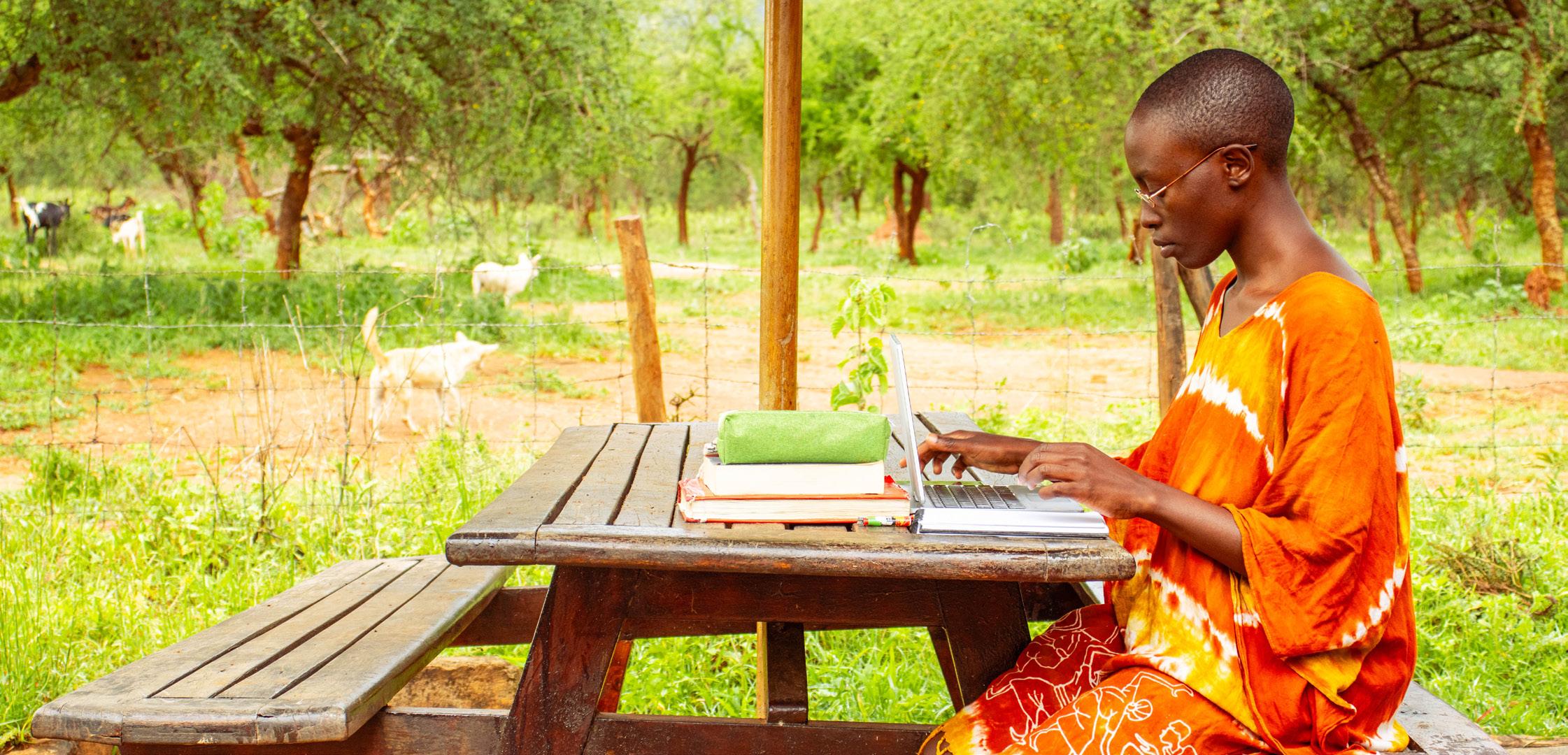
Ethnicity not only hinders Kenyan women from advancing in their careers but also affects their performance evaluations. Prejudice against women leads to discrimination, where one’s ability to perform a job well is overshadowed by their ethnic background. The intersection of ethnicity and gender facilitates performance discrimination; individuals from dominant ethnic groups are often favoured, regardless of their actual skills or qualifications. As a result, those who truly excel in their roles may be overlooked simply because they belong to a less dominant ethnic group.
“Those divisions exist, and I acknowledge them. Sometimes, top management tends to favour individuals from their own communities. They may choose to support and nurture talent based on personal connections rather than performance. When two people are performing similarly, management might be more inclined to select the one they perceive to be from their own ethnic group. This bias is certainly present.” (KW720).
Ethnicity plays a crucial role in shaping the culture that centers on gender within various ethnic groups. This cultural framework significantly influences the gender roles assigned to women. The daily practices and beliefs of an ethnic group shape and perpetuate these cultural norms, which directly impact the lives of Kenyan women. Consequently, culture dictates specific roles deemed appropriate for women and men, affecting their positions within society and the financial sector. This cultural influence also extends to leadership roles, which are often viewed as primarily for men, discouraging Kenyan women from pursuing such positions. As a result, this
cultural perception adversely affects women’s opportunities for career advancement in the banking industry. A Kenyan manager has noted that ethnic culture significantly shapes perceptions of women managers in financial institutions, underscoring the barriers they face.
“Career advancement opportunities do exist; however, they depend on various factors. For instance, if you’re a woman and feel that your background—whether cultural or personal limits you, or if you prefer not to seek leadership roles, outshine your male counterparts, or speak up, then you may find your opportunities restricted.”(KW111).
In conclusion, while Kenyan women generally encounter similar forms of discrimination and inequality based on gender, the challenges they face in career advancement often vary due to other social identities, such as ethnicity. The intersectionality of ethnicity and gender plays a significant role in the discrimination experienced in performance evaluations, recruitment, and promotion opportunities. This often hinders the advancement of women managers in the Kenyan financial sector. This article emphasises that both ethnicity and gender are critical factors that impede Diversity, Equity, and Inclusion within the Kenyan financial sector. It confirms that ethnicity and gender act as indicators of status that influence the daily lives of African women in Kenya. As long as ethnicity is produced, reproduced, and practised in Kenya, it will continue to affect the career advancement of women in the financial sector.
The article was part of a research that was conducted using interviews with women managers working in the Kenyan financial sector (2018-2019).
AISHA GARBA: TRANSFORMATIVE GROWTH THROUGH HUMAN CAPITAL MANAGEMENT
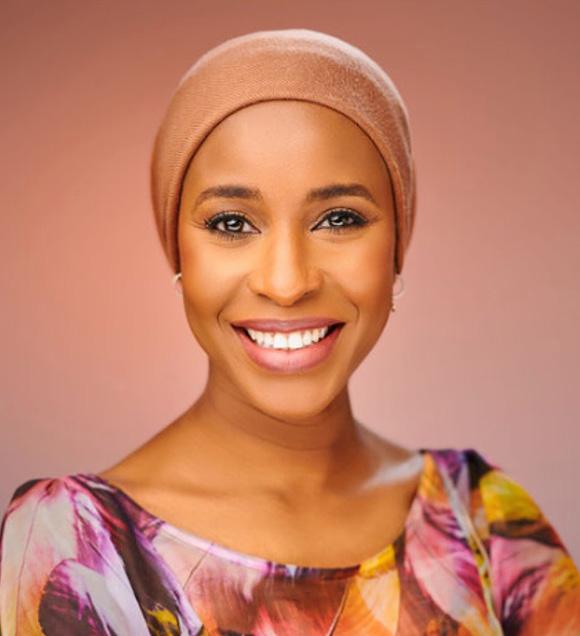
EXAMPLES OF INCLUSION STORIES IN ORGANISATIONS
Inclusion within organisations can take many forms, from gender and ethnicity to generational diversity. Aisha states that, a notable example of gender inclusion comes from her time at Veritas Kapital Assurance PLC, one of Nigeria’s leading insurance companies, where she championed initiatives to promote gender diversity in talent acquisition and mentorship programmes. This led to a 25% increase in female representation, ensuring that every department, even those previously male-dominated, had female representation. This shift not only improved gender dynamics but also introduced fresh perspectives into decision-making.
She also spearheaded efforts to increase multigenerational representation, particularly focusing on underrepresented Gen Z talents. This approach fostered cross-generational collaboration within the company, which contributed to greater innovation and enhanced customer engagement across diverse regions.
ECONOMIC INCLUSION AND COMMUNITY IMPACT
For Aisha, economic inclusion goes beyond policy—it’s about instituting equitable practices into the core of an organisation’s operations. At Veritas Kapital, she implemented a procurement policy that prioritised working with vendors committed to ESG principles. This aligned practice with ethical business standards and set a new benchmark for community and environmental stewardship.
She also led a community initiative that had a tangible impact. One such programme was the Cook-a-Meal initiative and voluntary employee contributions, which enabled 80% of patient bills at a local community hospital to be covered. This showcases the power of employee volunteer programmes and corporate social responsibility in driving real, positive change.
CASE STUDIES OF SUCCESS IN LEADERSHIP DEVELOPMENT
A landmark example of leadership development was her involvement in implementing an organisational culture change programme at Mainstreet Bank (now Polaris Bank). This initiative focused on entrenching strategic thinking and ethical leadership at all levels of management, leading to a 30% improvement in employee engagement.
TRANSFORMATIONAL LEADERS AISHA HAS WORKED WITH
She collaborated with a number of transformational leaders such as Zahid Mubarik, CEO of HR Metrics, who has led the global certification of ISO 30414 practitioners.
Another transformational leader she’s had the privilege of collaborating with is Kennedy Dike, Head of Corporate Governance, Business Sustainability, and Personnel Training at Belemaoil Producing Ltd. As Conference Planning Committee Chairman of the Chartered Institute of Personnel Management of Nigeria (CIPM), he redefined this year’s event, fostering inclusivity by empowering a diverse, cross-generational team of talented experts to lead subcommittees and introduce innovative ideas for a richer attendee experience.
Aisha references Ahmed Gorbir as yet another leading light in Nigeria who has made significant strides in contributing to human c apital impact and development in Nigeria. Ahmed Gobir, President & Chairman of the Governing Council of the Chartered Institute of Personnel Management of Nigeria (CIPM). Since assuming his role in May 2024, he has pushed for strengthening the role of human resource management in improving governance and service delivery, particularly in Nigeria’s civil service. In various forums, he has highlighted the importance of transparency, accountability, and ethics in rebuilding public trust in government institutions.
Under his leadership, CIPM has launched initiatives such as the “SOAR” Agenda—Strategic Alliances and Collaborations, Optimising Membership Value, Automation and Digitalisation, and Reskilling and Retooling.
One of Gobir’s landmark achievements, alongside the immediate past president Olusegun Mojeed and the leadership of the institute, is the launch of a Mutual Recognition of Membership between CIPM and the Chartered Institute of Personnel and Development (CIPD) in the UK. This agreement
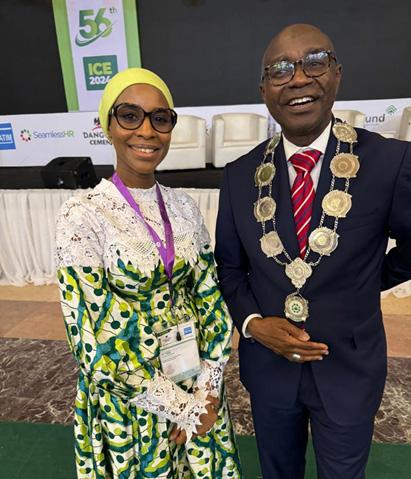
allows certified members of both institutes to gain automatic recognition, enhancing career opportunities and global networking for Nigerian HR professionals.
VISION FOR THE FUTURE
Looking to the future, Aisha’s vision is to champion a workplace where diversity, equity, and inclusion (DEI), are foundational pillars of success. In an increasingly globalised world, organisations must embrace diverse perspectives, talents, and experiences to drive sustainable growth.
Through her work at Aifa Consulting and as a global expert in ISO 30414, She will continue to lead efforts that promote inclusive human capital strategies, ensuring that every employee, regardless of gender, ethnicity, or background, has equal opportunities to thrive and contribute meaningfully to organisational success.
“The future I envision goes beyond compliance; it is about creating environments where diversity is celebrated, equity is prioritised, and inclusion is actively pursued. I am committed to developing leadership programmes that equip executives to lead inclusively, fostering workplaces where innovation thrives through the unique contributions of a diverse workforce.” •
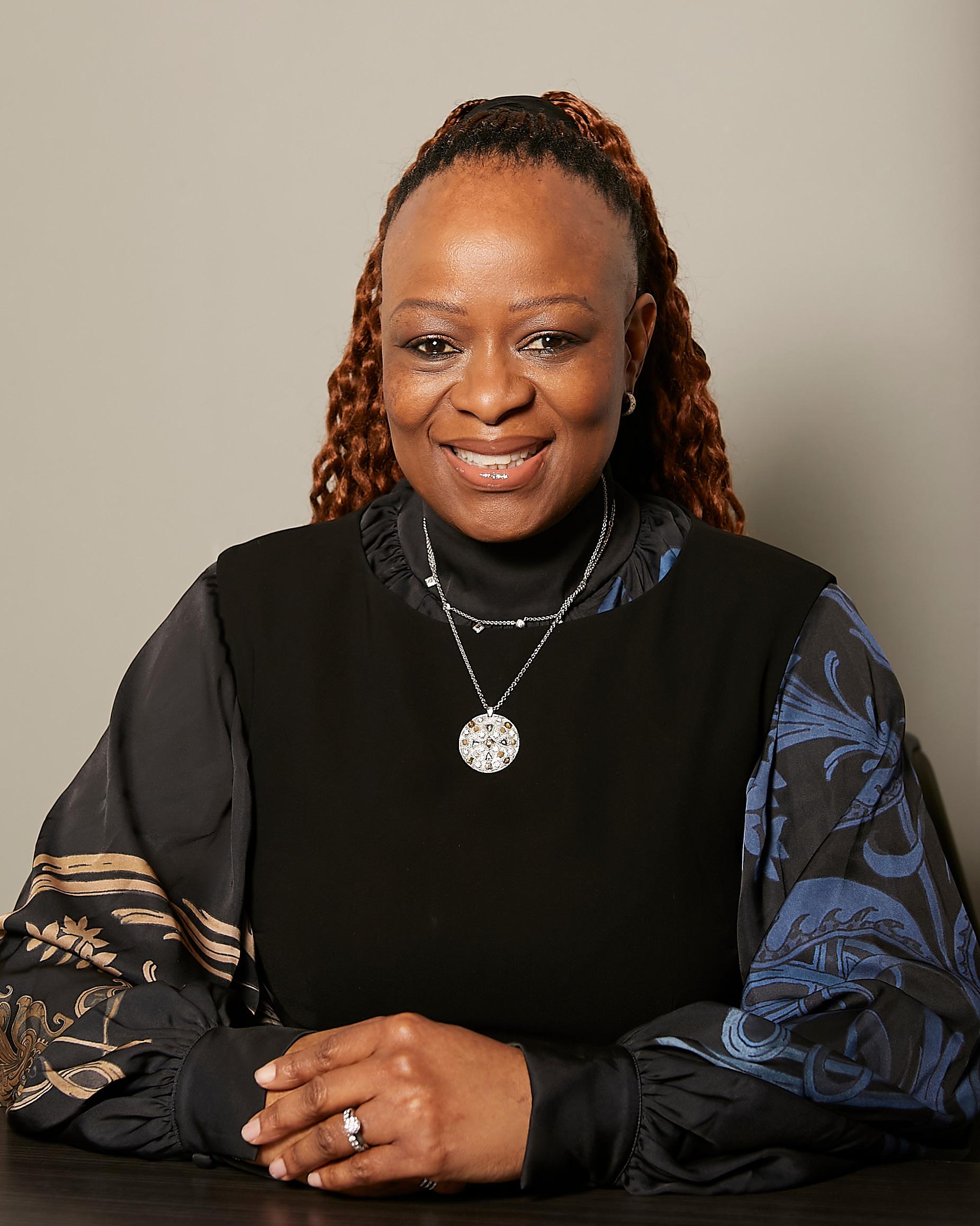
IIn a recent conversation with Nene Molefi, CEO of Mandate Molefi, Malebogo Mpugwa, Chief People Officer at De Beers Group, shared insights into the company’s ongoing journey toward equity, diversity, and inclusion (EDI), with a particular emphasis on gender parity and fostering inclusion within the communities in which De Beers operates.
GENDER PARITY AND WOMEN IN LEADERSHIP
De Beers Group has been focused on advancing gender parity, a key priority within its EDI framework. Since 2017, the company has made public commitments through partnerships like the United Nations’ HeForShe initiative, as well as its own internal goals under Anglo American’s “Building Forever” initiative. The objective is to reach 50% female representation across its workforce and senior roles.
However, progress has been mixed. Mpugwa highlighted that while there was a 2.6% increase in female representation in senior positions (Band 5+) between 2021 and 2023, overall female representation in the total workforce saw only a minor 0.1% increase. In some areas, like the company’s wholly-owned businesses, female representation has even declined.
One of the contributing factors to this stagnation has been the recruitment freeze implemented in 2023. This limited opportunities for internal career mobility and hiring new female talent, negatively impacting women’s progression, particularly in technical roles and leadership positions. The restructure at Band 4 level, which saw a drop in female representation, further underscores the challenge.
CREATING INCLUSIVE COMMUNITIES IN SOUTHERN AFRICA
In addition to its internal gender parity goals, De Beers is committed to creating inclusive environments within the communities it operates in, particularly in southern Africa. Mpugwa stressed the importance of considering the broader societal and historical contexts. In South Africa, the legacy of racism plays a significant role in shaping the company’s inclusion efforts, while in Botswana, inclusion efforts are more focused on citizenship and financial differentiation.
When asked about gender inclusion, Mpugwa highlighted that De Beers is working to increase the number of women in technical roles
and senior positions, as well as ensuring representation from its producer countries. Women make up a significant portion of the consumer base for De Beers’ products, making their inclusion in key decision-making roles essential.
COMMUNITY ENGAGEMENT AND WOMEN’S ECONOMIC EMPOWERMENT
De Beers’ commitment to inclusion extends beyond the workplace into the communities where they operate. According to Mpugwa, De Beers recognises the central role women play in supporting their families and communities. Research conducted in southern Africa indicates that, on average, one woman’s salary supports eight people.
In response, De Beers has established initiatives to empower women entrepreneurs and small-to-medium enterprises, particularly those led by women. These programmes provide financial support and access to markets beyond Africa, equipping women with entrepreneurial skills through partnerships with institutions like Stanford University.
DE BEERS 2024/25 EDI PRIORITIES
Looking ahead, De Beers Group has set out clear priorities for 2024/25 to further its EDI goals:
1. Progression for women in leadership and STEM: Creating environments where women feel safe and empowered to thrive, particularly in leadership and technical roles
2. Ethnically diverse talent development: Accelerating progression opportunities for ethnically diverse colleagues across the company
3. Building an inclusive culture: Developing psychologically safe workplaces where employees can bring their whole selves to work and perform at their best
Mpugwa emphasised the importance of “brilliant inclusivity,” rooted in equitable actions. De Beers is focused not only on improving access to opportunities for women but also ensuring that once they are part of the organisation, their experiences are positive, allowing them to stay and thrive. The company remains committed to leading by example, fostering a culture where diversity and inclusion are at the forefront of its operations, both internally and within the wider community. •
“True leadership is not about position, but it’s about creating spaces where everyone can thrive”
- MALEBOGO MPUGWA -
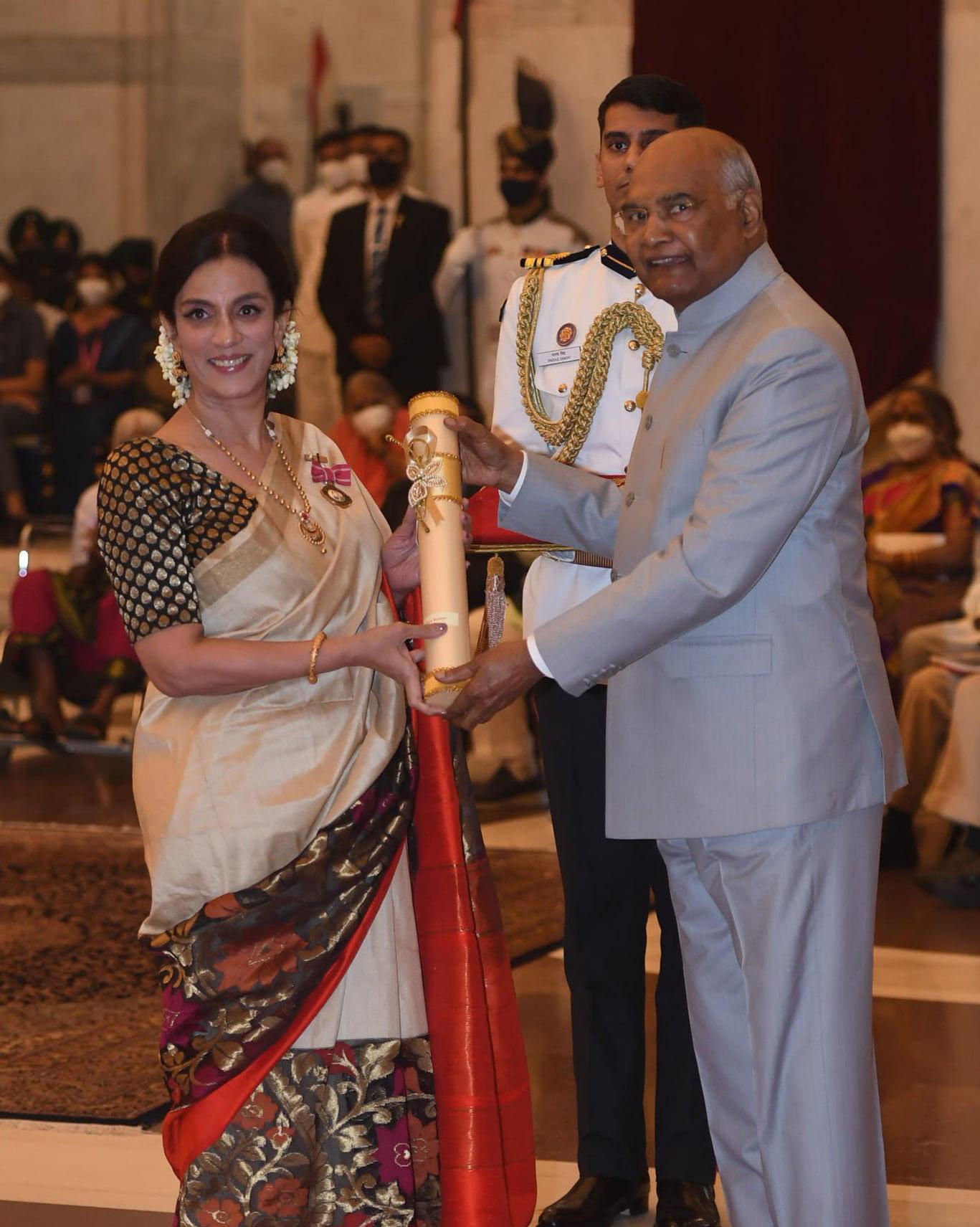
DR NIRU
KUMAR: A FORCE FOR HEALING AND INCLUSION
President Kovind presents Padma Shri to Dr. Niru Kumar for Social Work.
In a world striving for fairness and equality (DEI), Dr Niru Kumar stands as a beacon of inspiration. From her early days as a medical doctor to becoming India’s first ‘MarsVenus coach,’ trained by renowned relationship counselor John Gray, Dr Kumar’s journey embodies resilience, innovation, and a relentless pursuit of transformative change.
I have known Dr Kumar for many years and what stands out for me is her ongoing passion for DEI. This is not a common career path for medical doctors but she has seen the importance of this work and has spearheaded many projects to elevate the work of DEI in her home country of India and beyond.
Dr Kumar’s path to prominence began with a profound encounter with John Gray’s breakthrough book, Men Are from Mars, Women Are from Venus. This seminal moment sparked a 16-year journey that culminated in her receiving the prestigious Padma Shri award (the highest civilian award in India) from President Ramnath Kovind, recognising her for her tireless work in the DEI space.
Drawing from a diverse skillset encompassing modern medicine, psychology, coaching, and energy-based healing modalities such as Pranic healing and Reiki, Dr Kumar brings a unique blend of expertise to her work. She is part of an international team of experts, driving impactful change across borders. Dr Kumar’s pioneering work in gender intelligence, women empowerment and inclusive leadership journeys has left an indelible mark on the landscape of organisational development. Over the past decade, she has provided consulting to about 60 leading organisations reaching more than 45 000 professionals in India and around the globe. Her innovative approach and dedication to inclusivity have earned her acclaim from leading organisations such as Google, Amazon, PepsiCo, and many more.
Beyond her professional achievements, Dr Kumar’s personal journey of overcoming physical and emotional challenges serves as a powerful source of inspiration. Her authenticity, strength, and positivity resonate deeply with audiences, motivating them to overcome obstacles and strive for excellence in their own lives.
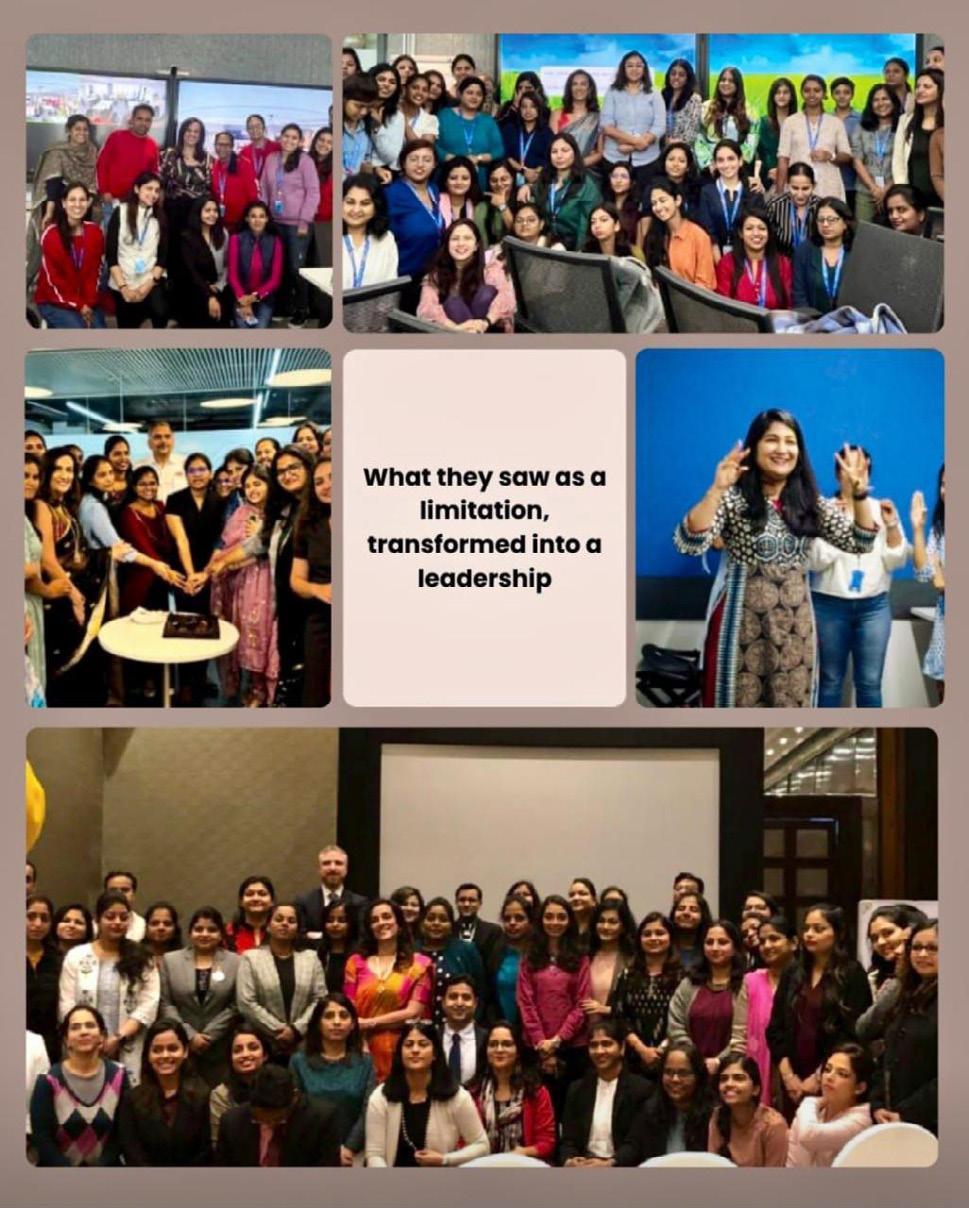
Dr Niru Kumar’s story is a testament to the power of resilience, determination, and unwavering belief in oneself. Through her pioneering work in gender intelligence and empowerment of marginalised groups she continues to inspire change and drive progress in the quest for a more inclusive world.
As we look to the future, Dr Kumar’s leadership serves as a guiding light, illuminating the path towards a more diverse, equitable, and inclusive society in the global south and beyond.
COMPANIES THAT DR KUMAR REGARDS AS TRAILBLAZERS IN INDIA
Indian companies: TATA Group, Aditya Birla Group, Mahindra & Mahindra, Godrej, Reliance Group, Jubilant Group Multinational corporation in India: PepsiCo, Unilever, Concentrix
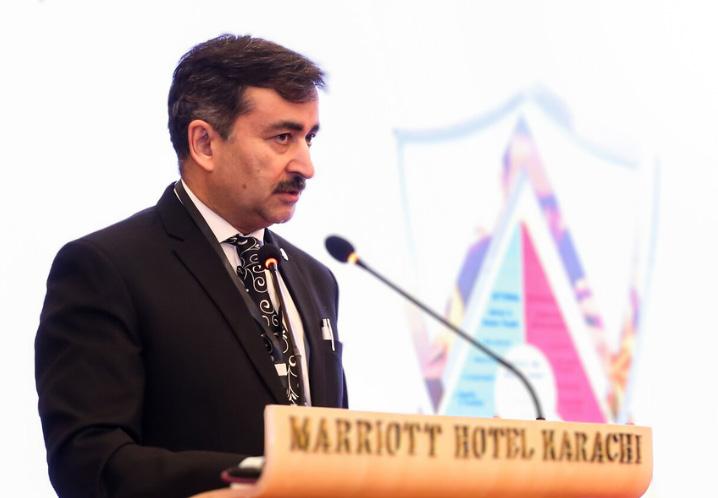
Zahid Mubarik commands respect as a distinguished figure in the realm of strategic human resource management, where he serves as a champion for diversity, equity, and inclusion (DEI).
I have known Zahid for almost a decade and have always admired his passion for DEI – not only in his country of origin, Pakistan, but beyond. His hands-on approach has ensured success in the projects that he leads and shines a spotlight on this important work around the world.
In his capacity as the CEO of HR Metrics and the visionary force behind SHRM Forum Pakistan, Zahid’s influence transcends borders, earning him acclaim as a preeminent thought leader and catalyst for transformative change within the global HR community.
DEVELOPING AND IMPLEMENTING GLOBAL STANDARDS
Zahid’s influence reaches far and wide, with his appointment as the only HR leader from South Asia to join the ISO Geneva Founder Technical Committee 260 for Developing Global HR Standards in 2011. This esteemed committee, comprising leading nations like representatives from USA, UK, Pakistan, France,
Germany, Sweden, Switzerland, Austria, Norway, Netherlands and Portugal, underscores Zahid’s pivotal role in shaping international HR standards and practices.
During the past 13 years, he contributed towards the development of 30 global HR standards by interacting with more than 12 national standards bodies of developed countries. He also certified more than 700 HR practitioners and consultants on human capital disclosure standards in Japan (the highest in the world)
EMPOWERING HR EXCELLENCE
Driven by a passion to institutionalise HR professionalism, Zahid introduced SHRM global HR Competency Standards in Pakistan and provided a unified platform to HR professionals to sharpen their skillset in line with emerging standards. His leadership as the Country Chair of the HR Standards Committee exemplifies his commitment to elevating HR excellence and fostering a culture of inclusivity.
At HR Metrics, Zahid spearheads initiatives such as the Global Diversity, Equity, and Inclusion Benchmarks (GDEIB) awards for business enterprises, recognising organisations that demonstrate outstanding commitment to DEI practices. The recent accolades
ZAHID MUBARIK: CHAMPIONING GLOBAL STANDARDS AND INCLUSION
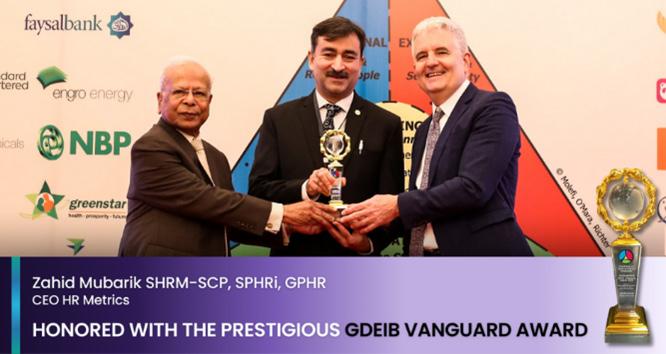
bestowed upon leading companies underscore Zahid’s dedication to celebrating diversity and driving positive change in the corporate landscape.
DRIVING SOCIAL IMPACT
Beyond the boardroom, Zahid’s advocacy for DEI extends into society, where he actively engages in shaping conversations and policies around diversity and inclusion. Through his leadership, Zahid inspires organisations to embrace diversity as a strategic imperative, fostering environments where every individual feels valued and empowered.
Zahid Mubarik’s leadership in promoting diversity and inclusion sets him apart as a trailblazer in the HR industry. With his visionary approach and unwavering commitment to excellence, Zahid continues to drive meaningful change, creating workplaces where diversity thrives and inclusion flourishes. As we look towards the future, Zahid’s
legacy serves as a guiding light, illuminating the path towards a more equitable and inclusive society.
COMPANIES THAT ZAHID REGARD AS TRAILBLAZERS IN PAKISTAN AND WHAT WE CAN LEARN FROM THEM
More than 70 multinational and national companies in Pakistan have benefited from Zahid’s expertise in global standards and consider him as trailblazer. Notable among them are the Pakistan Stock Exchange, Engro, Nestle Pakistan, Jazz, METRO Pakistan, Standard Chartered Bank, National Bank of Pakistan, British American Tobacco, PepsiCo, Martin Dow, Bayer Pakistan and Mashreq Global Service. Companies draw the following value from his contribution:
• Changing the culture of using diversity defensively as a matter of legal/ethical compliance to position it as a strategic asset to compete in the market
• Upholding Sustainable Development Goals 4, 5, 8, 9, 10 and 16 by having people, planet, prosperity, peace and partnership at the forefront of the business agenda
• Transforming to a purpose enterprise by contributing towards the greater good of society, promoting fairness, equity and inclusion for all stakeholders
• Developing a business case for DEI by establishing its measurable linkage with organisation’s sustainability through social and financial impact indicators
Recognising his contributions, He was conferred the GDEIB Vanguard Award by the three authors of GDEIB Standards for actively promoting Global DEI Benchmarks Standards around the world.

ISO 30414 PROFESSIONAL CERTIFICATION
GUIDELINES FOR INTERNAL AND EXTERNAL HUMAN CAPITAL REPORTING STANDARD
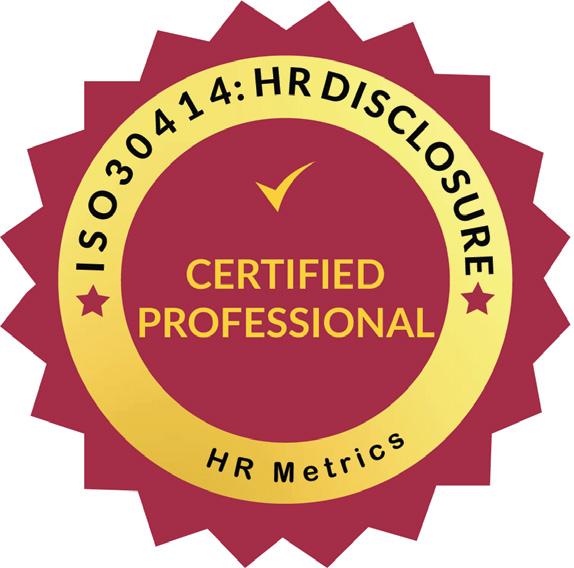
What is ISO 30414?
ISO 30414 is an international standard titled "Human resource management — Guidelines for internal and external human capital reporting." It provides a set of guidelines for organizations to report on various aspects of their human capital, both internally and externally. The standard aims to help organizations measure, manage, and report on their workforce effectively, with a focus on improving transparency and accountability. ISO 30414 provides a framework for reporting on 11 aspects of human capital, such as:
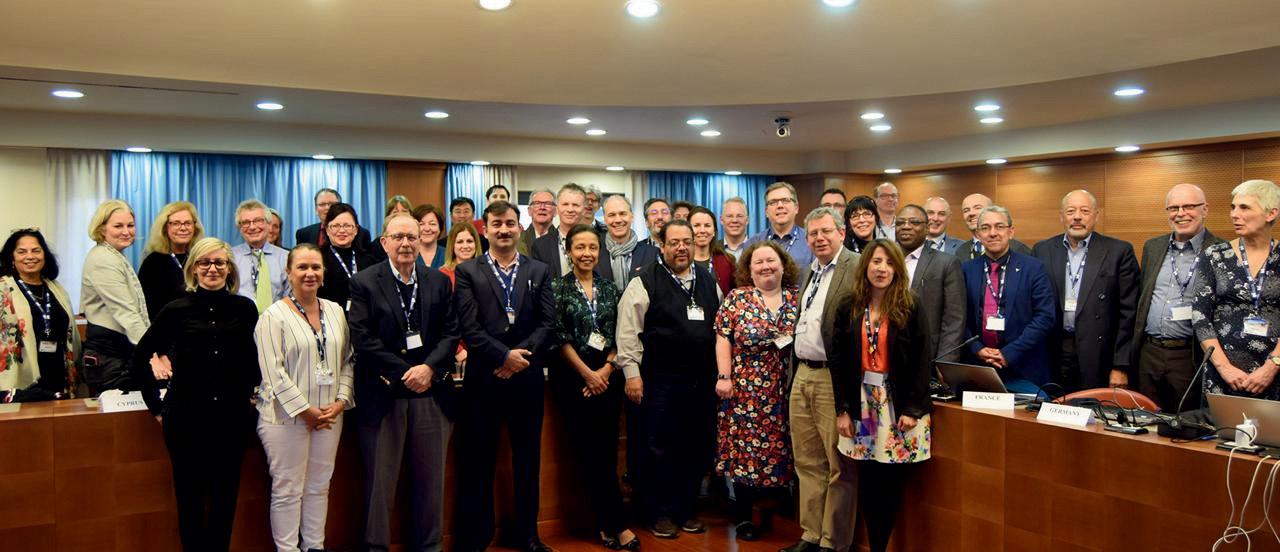
1) Compliance: Adherence to labor laws and regulations.
2) Costs: Financial aspects related to human capital, such as salaries and benefits.
3) Diversity: Representation of different demograph ics within the workforce.
4) Leadership: Quality and effectiveness of leadership within the organization.
5) Organizational Culture: The values, behaviors, and beliefs that shape the work environment.
6) Productivity: Measures of workforce efficiency and effectiveness.
7) Safety: Workplace safety and health measures.
8) Recruitment and Turnover: Volume, quality, time to hire, exit analysis.
9) Skills and Capabilities: The knowledge, skills, and competencies of the workforce.
10) Succession Planning: Strategies for maintaining leadership and talent continuity.
11) Workforce Availability: Availability of qualified personnel to meet organizational needs.
Why Human Capital Disclosure is Important in ESG Context?
With the emergence of Environmental, Social, and Governance (ESG) framework, human capital has become important for investment analysis, both from social and financial impact perspective. Human capital is now a key consideration for most companies around the world. It is recognized as one of the most important drivers of competitiveness, value creation, and sustainable competitive advantage. Worldwide investors are engaging with companies to improve the workforce risk disclosure to cope with rapid environmental and technological change. CEOs are under growing pressure from investors, government, regulators, customers, employees, and communities, to become more transparent in their investments and outcomes.



MANDATE MOLEFI SERVICE
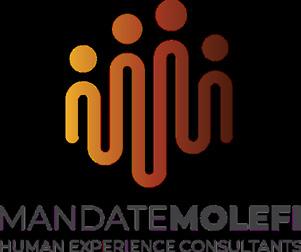
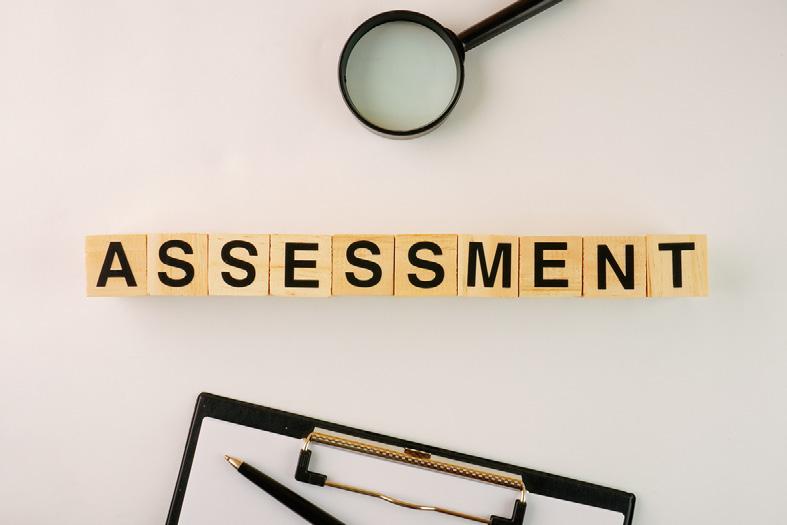
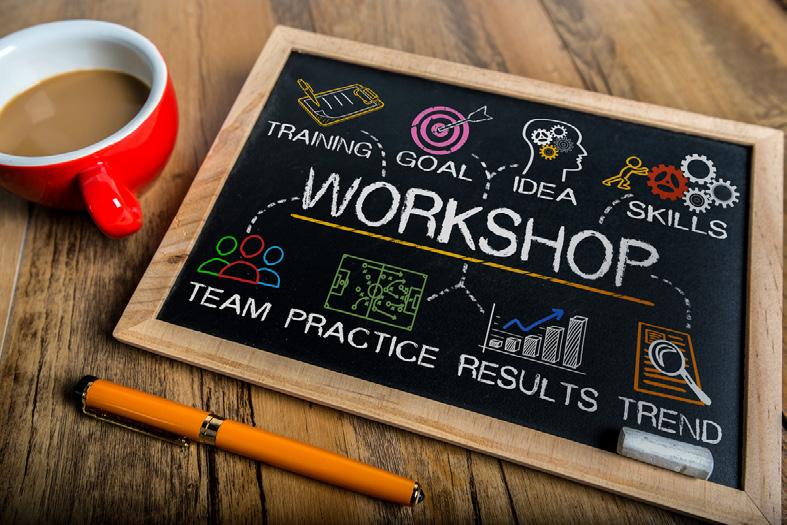

ASSESSMENT TOOLS
CUSTOMISED
WORKSHOPS
DEEP DIVE DIALOGUES

ENNEAGRAM BARRETT VALUES ALLIGNMENT
INCLUSIVE LEADERSHIP COMPETENCIES LEADERSHIP 360
EMPLOYEE ENGAGEMENT
ORG-WIDE CULTURE SURVEY
GLOBAL DEI BEMCHMARKS (GDEIB)
INDIVIDUAL INTERVIEWS & FOCUS GROUPS
BUILDING EFFECTIVE AND HIGH PERFORMING TEAMS LEADERSHIP DEVELOPMENT
STRATEGIC PLANNING BOARD/EXCO ALIGNMENT HR STRATEGY AND BUSINESS PLANNING PSYCHOLOGICAL SAFETY
DIVERSITY, EQUITY AND INCLUSION. ANTI-RACISM, GENDER EQUITY, LQBTQI+, NEURODIVERSITY, DISABILITY COMPETENCE , GENERATIONAL DIFFERENCES, BULLYING & HARASSMENT
LISTENING SESSIONS & EMPOWERING LEADERS
CONFLICT & MEDITATION BETWEEN TWO OR MORE PARTICIPANTS
RESILIENCE AND PSYCHOLOGICAL CAPITAL
HEALING & FORGIVENESS
APPRECIATIVE INQUIRY AND SPACIOUSNESS WORK
CARRER COACHING, LIFE COACHING & FEEDBACK ON ASSESSMENT
UCONSCIOUS BIAS AWARENESS & SKILLS BUILDING
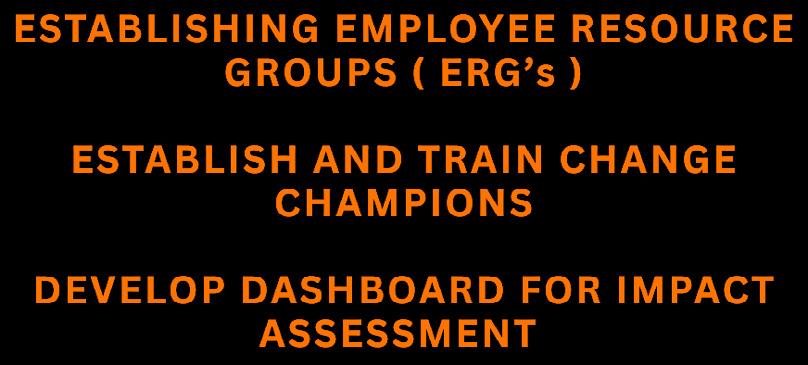
MEN’s WORK BECOMING AN EFFECTIVE MALE ALLY
MOJANKU GUMBI: PIONEERING EQUITY, PEACE AND GLOBAL INCLUSION
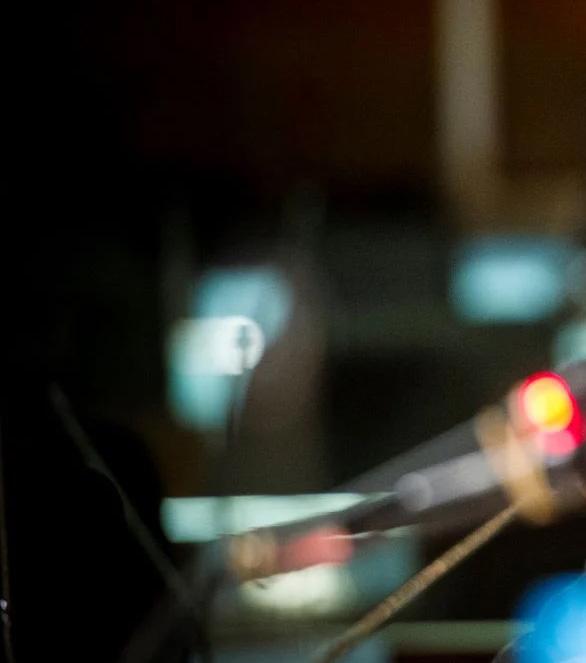
Advocate Mojanku Gumbi can be counted as one of the pioneering leaders in creating a culture of equity and inclusion in the Global South. She played a pivotal role in fostering stability and reconciliation through various peace initiatives across the African Continent.
Her diplomatic endeavours have significantly contributed to conflict resolution and peace-building efforts, particularly in regions such as the Democratic Republic of the Congo, Sudan and Zimbabwe. Gumbi effectively represented South Africa’s interests at crucial international forums, including the World Trade Organization. Her adept negotiation skills and strategic acumen have been instrumental in elevating South Africa’s stance on global trade and economic issues.
During her tenure as Special Advisor to the then Deputy President of South Africa, Thabo Mbeki, Gumbi provided strategic counsel on a wide range of domestic and international policy issues, drawing on her expertise in law, and diplomacy. She played a
crucial role in shaping South Africa’s policy agenda during a period of transition and reform, advocating for significant reforms in the pharmaceutical and mining sectors to promote inclusivity, transparency, and competitiveness, thereby fostering sustainable economic growth and development.
Before her current role as Special Advisor to the UN Secretery general; Antonio Guterres, Gumbi served as an Advisor to then Deputy President Mbeki in the Mandela administration, laying the groundwork for subsequent policy initiatives and reforms. Her early contributions underscored her commitment to advancing South Africa’s socio-economic priorities and ensuring equitable opportunities for all.
Throughout her career, Gumbi actively participated in social justice initiatives, serving on the boards of organizations dedicated to promoting equality, access to justice, and community development. Her advocacy extended beyond legal practice, encompassing broader efforts to address systemic inequalities and foster social cohesion.
SOUTH AFRICA
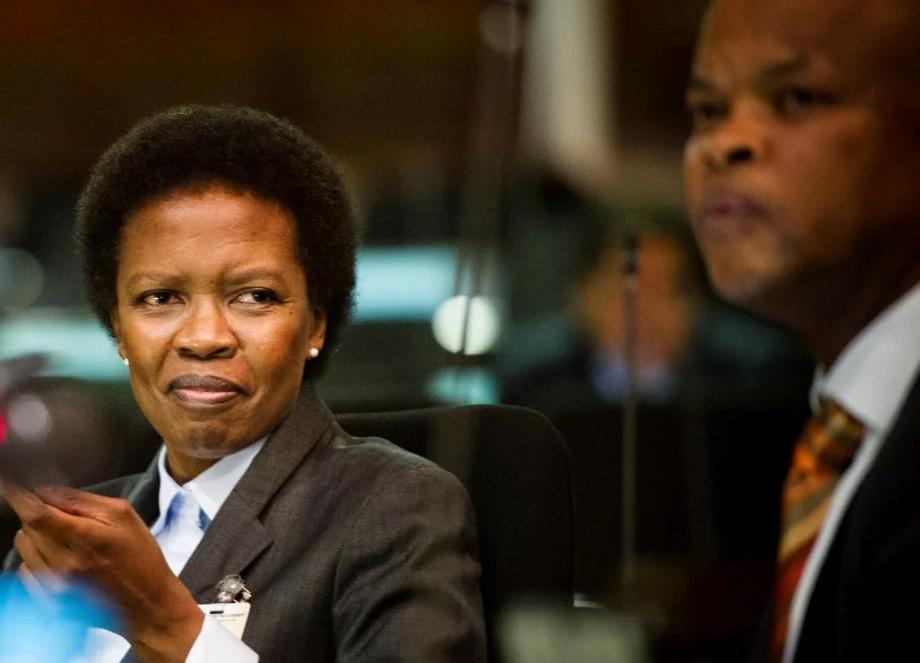
Gumbi’s career path showcases her versatility and adaptability across multiple sectors, including law, politics, diplomacy and academia. As the current Chancellor of the University of Venda, she is well-positioned to enhance the University’s image and advance its core values. Her ability to navigate diverse environments and tackle complex challenges underscores her effectiveness as a leader and advocate.
Gumbi’s involvement in international negotiations and peace initiatives established her as a respected figure on the global stage. Her contributions to global governance and diplomacy highlighted South Africa’s role in addressing urgent global issues and promoting peace and stability. Her recent appointment as Special Adviser for Addressing Racism in the Workplace by the United Nations Secretary-General underscores her global advocacy for racial equality and social justice. Her oversight of anti-racism initiatives demonstrates a commitment to promoting diversity, equity, and inclusion worldwide. Despite her extensive career achievements, Gumbi’s dedication to social justice remains
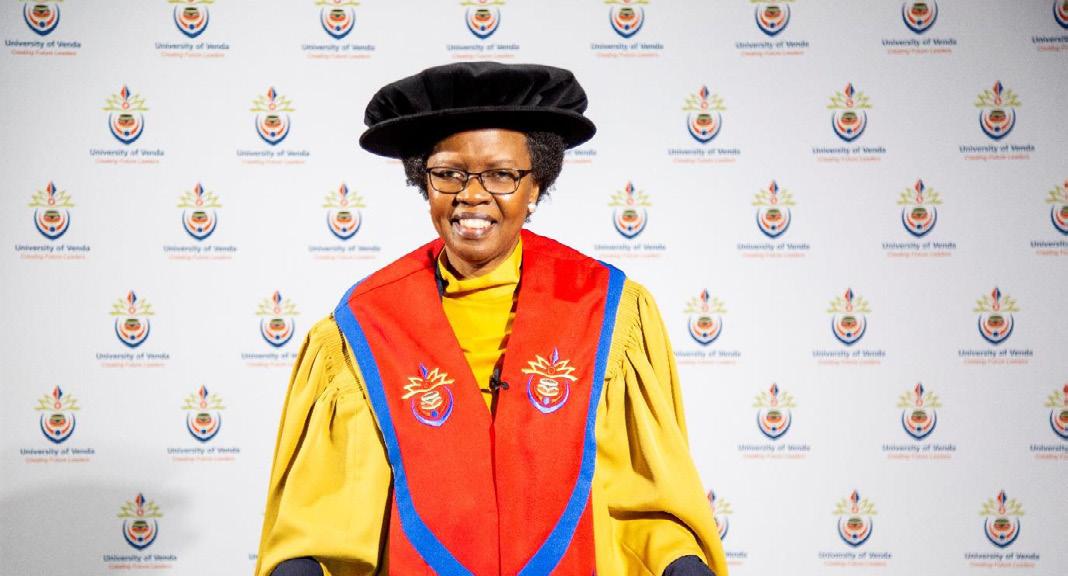
steadfast. Her ongoing advocacy and leadership roles reflect her enduring commitment to advancing justice, equality, and human rights for all.
Amongst her many achievements, she is the recipient of the International Women’s Forum South Africa’s Hall of Femme award in recognition of her work across the continent.
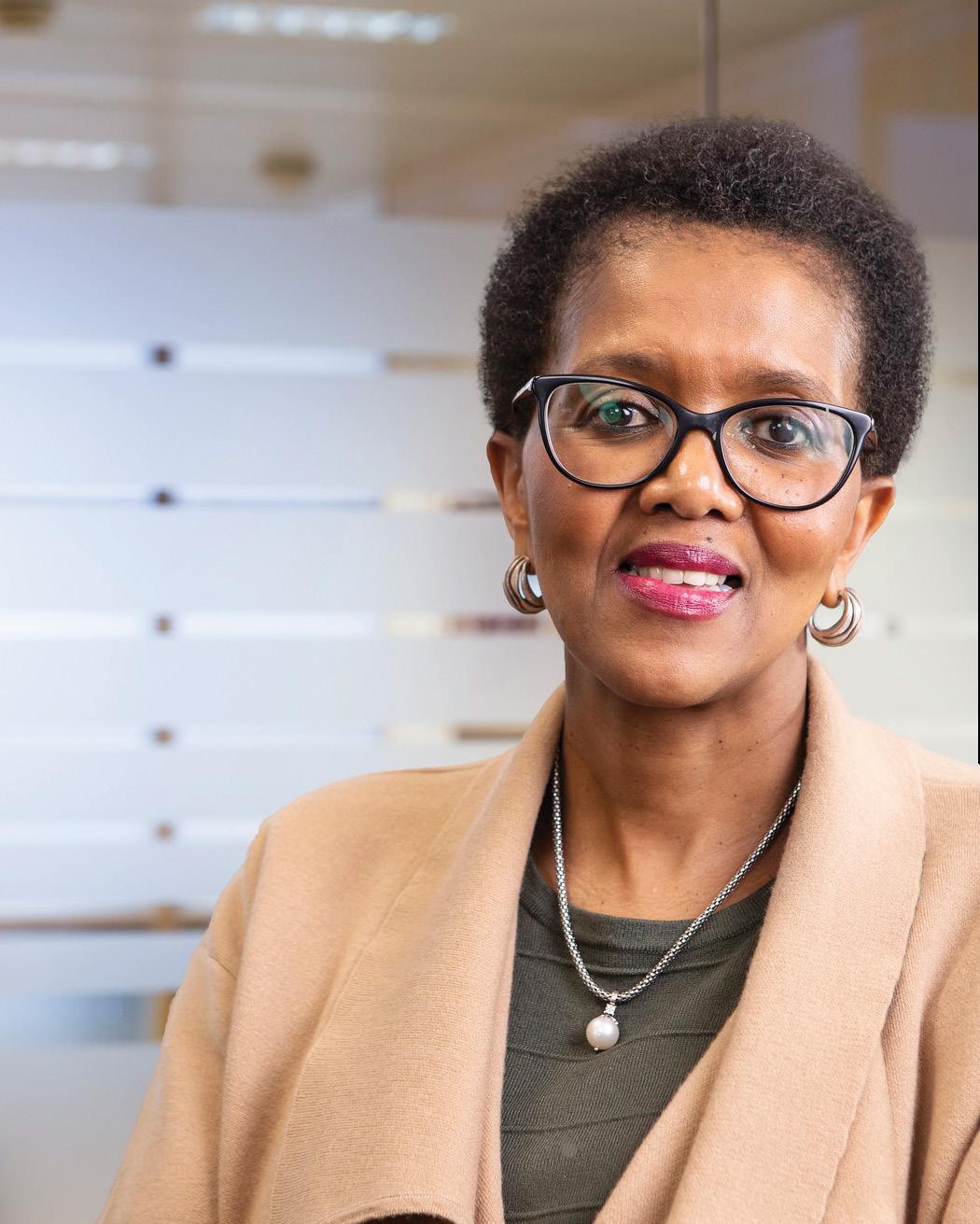
NOLITHA FAKUDE, PRESIDENT OF IWFSA AND CHAIRPERSON OF ANGLO AMERICAN
Nolitha Fakude, a prominent figure in corporate leadership, is a staunch advocate for deliberate and meaningful diversity, equity, and inclusion (DEI) strategies. In her influential role in steering boards and executive committees of large listed companies on both local and international stock exchanges, she emphasises that DEI must go beyond mere policies to become ingrained in how companies operate.
Fakude insists that it’s the decision-makers who play a crucial role in fostering an environment of inclusion. “It is not just about ticking boxes. It’s about embracing different voices and perspectives.” She believes that diversity of thought is often understated in the conversation. “It’s not just about race or gender but also about cognitive diversity and the varied dimensions each person brings,” she asserts. For her, leaders don’t actively prioritise and think inclusively, they create blind spots, missing out on the richness that diverse voices bring to the table.
Reflecting on her career, Nolitha recounts moments where she felt truly included: “The first time I felt included was in an environment where leaders consistently aligned their actions with their words,” she recalls. Such environments, where leaders ‘walk the talk’ make individuals feel acknowledged and valued without the need for explicit recognition.
Fakude also highlights the importance of leaders being open to feedback and not defensive when confronted with areas that need improvement in their DEI practices. It’s about creating spaces where voices are heard, and actions are taken in response to feedback.
However, she warns against what she calls ‘malicious compliance,’ where organisations adopt a minimalistic approach to diversity. “Red flags include leaders who see DEI as just a legal compliance issue rather than a core value. This narrow focus results in being insular and only looking at DEI from inside the organisation as opposed to using the powers and influence to ensure inclusive economies in communities in

which organisations operate. True transformation happens when organisations go beyond compliance and act because a meaningful impact in the communities in which they operate,” Fakude stresses.
Her leadership philosophy is about considering the broader stakeholder ecosystem: employees, customers, suppliers, and communities. It’s about creating sustainable changes that resonate across all levels of the organisation and society. Fakude believes in regularly assessing and reporting on how well the company is performing in DEI across all these areas. When this happens, it demonstrates that DEI is embedded in the very DNA of the business, rather than being treated as an add-on or afterthought.
For her, true transformation means that everyone within the organisation feels the positive impacts of DEI initiatives, including the lived experiences of employees, customers, and suppliers. In new leadership roles, Fakude says organisations must ask questions that may not have immediate answers but push the organisation to reflect deeply on its practices and prepare for meaningful change.
When asked about her proudest moments, Nolitha humbly credits collaboration. She insists that all these high powered positions she is currently occupying are a result of being guided, mentored and sponsored by someone who has travelled the journey before her. This is one of the reasons she has been a member of the South African chapter of the International Women’s Forum (IWFSA) for a number of years, ultimately climbing to the position of President. At the core of IWFSA’s purpose is to ‘pay it forward’ by mentoring the younger leaders who can make a significant difference in our society. She speaks passionately about seeing individuals from talent pipelines rise to significant leadership roles over the years. “It’s about proactive follow-through and shared ownership of people’s development,” she says, celebrating the journey from potential to realisation is truly satisfying.
The IWFSA has many projects that are aimed at improving the lives of women in the workplace. One such program is the Catalystic program headed by Faith Khanyile. See report produced by the Catalystic program.
FAITH KHANYILE: DISRUPTING THE STATUS QUO ON GENDER PAY
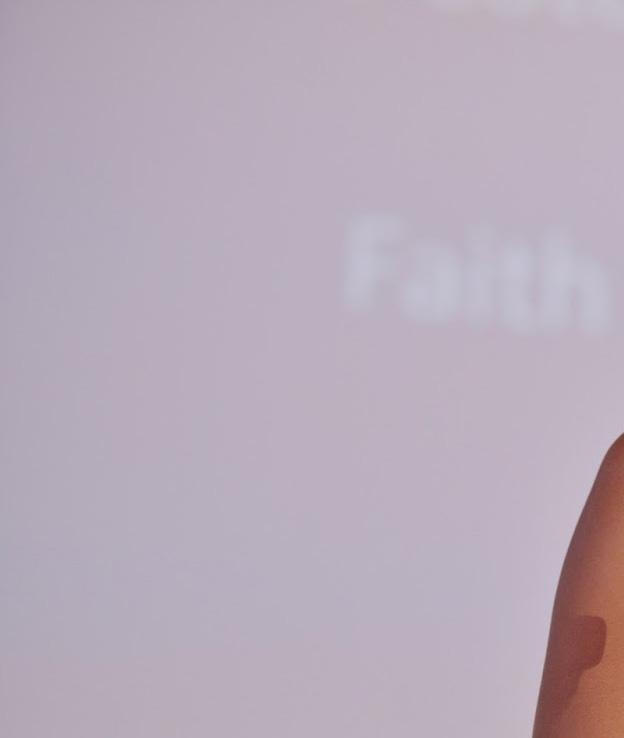
MFaith Khanyile doesn’t just talk about transformation. She leads it. For more than 25 years, she has worked across the financial services sector, investment banking, private equity, asset management, and social impact. She has sat at the table, asked the hard questions, and pushed for something better. Especially for women.
Her work has always gone beyond business. It’s about justice.
As the former CEO of WDB Investment Holdings, a womenowned and women-led investment company founded in 1996, Faith helped grow an institution rooted in the advancement of women. WDBIH has always been more than an investment firm. It’s a platform for economic transformation. And under her leadership, it remains committed to improving the lives of South African women through inclusive economic participation.
Today, she continues this mission as Chair of the Catalytic Strategy Committee, which sits under the International Women’s Forum South Africa (IWFSA).
And she doesn’t shy away from the uncomfortable truths. In her message of appreciation for the recently released Catalytic Strategy Gender Pay Gap Report, she makes her stance clear: despite progress, women are still paid less. The gap persists. And it hurts real people.
She sees this as more than a technical issue. More than data points. “Let us not merely see statistics and figures,” she writes. “Let us recognise the faces, dreams, and aspirations of the countless women whose lives are impacted.”
The report identifies fragmented policies, weak enforcement, and lack of cohesion as key challenges. And Faith isn’t here for soft
SOUTH AFRICA
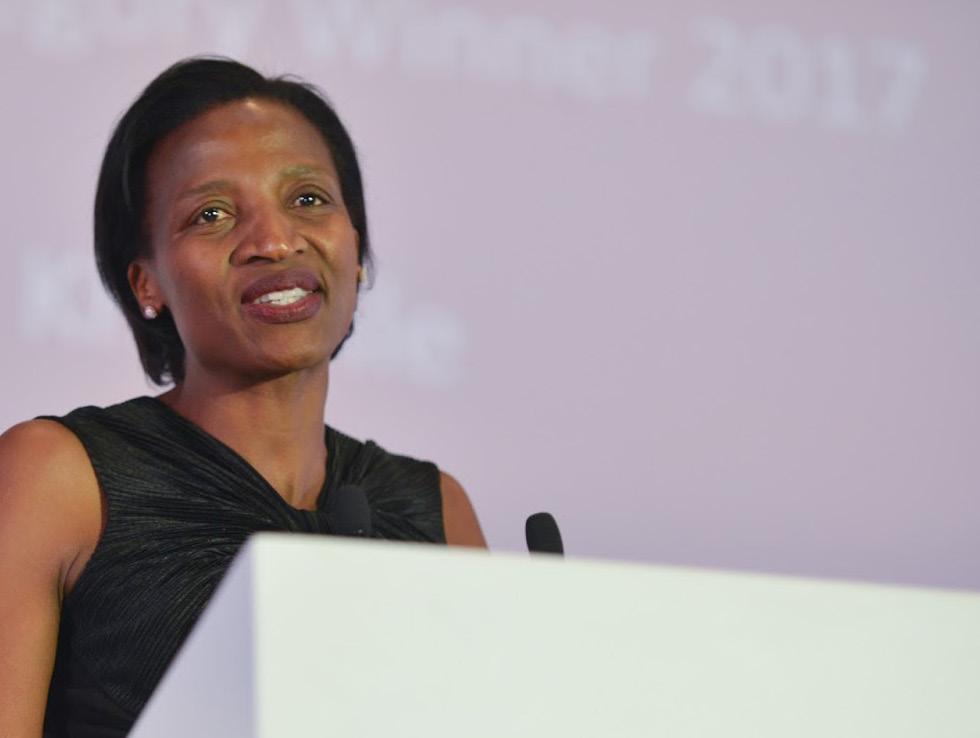
solutions. She calls for coordinated gender-specific legislation, bold steps and system-wide reform.
She also highlights the need for effective implementation and monitoring. Without those? Progress remains fragmented. Slow. Sometimes, invisible.
Beyond her leadership in the Catalytic Strategy, Faith is an active member of IWFSA and currently serves as an independent non-executive director on the boards of several major companies, including Discovery Limited, JSE Limited, Bidvest Limited, and Premier FMCG. She brings strength in corporate governance, risk oversight, ESG, and strategic stakeholder engagement.
But most importantly, she brings a gender lens — consistently.
She believes businesses can do more than create value for shareholders. They can unlock dignity.
Reshape society.
“Let us recognise the faces, dreams, and aspirations of the countless women whose lives are impacted.”
Her voice matters, not because she says what’s popular, but because she says what’s needed. She’s walked the long road. And now, she’s clearing the path for others. In a world where systems are slow to change, Faith Khanyile remains firmly focused on the goal: pay equity, economic inclusion, and justice for women.
Download the Catalytic Strategy- Gender Pay Gap Report, released with Faith Khanyile serving as Chair of the Committee, here”
IEXPANDING THE LENS
Why Men Should be a Focus of Sustainable Inclusion Work
BY STEPHEN READ (An associate consultant at Mandate Molefi)
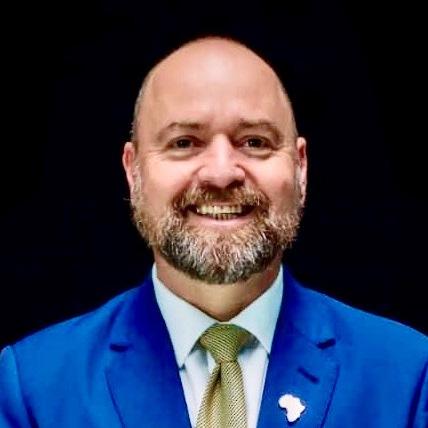
n many corporate and societal conversations around Diversity, Equity, and Inclusion (DEI), men— particularly those from dominant or historically privileged groups—are often cast in a singular role: that of the perpetrator, the barrier, or the obstacle to progress. While this framing may be born out of real and painful histories of exclusion, discrimination, and power imbalance, it also presents a risk.
Before outlining the risk, it’s important to be very clear that the focus of DEI work is and should continue to be on those who are most harmed, namely women, LGBTQ+ communities, and people of color. With that in mind, if DEI efforts focus solely on historically disadvantaged or marginalised groups without a nuanced understanding of men’s experiences and needs, we may be missing a critical piece of the inclusion puzzle.
Inclusion, by its very definition, must be expansive. It must invite all people—regardless of gender, race, class, or background—into the conversation, including men. In this way it acknowledges that men, too, are shaped by the systems we seek to dismantle and reimagine. It means recognising that men are not a monolith and that many are struggling under the weight of unspoken pressures
and outdated expectations. According to the World Health Organisation, the global suicide rate is over twice as high among men than women.
In the Global South, where cultural norms around masculinity are deeply entrenched, many men – especially African men face silent battles. They are expected to be strong, emotionless providers, problem-solvers, and leaders—roles that leave little room for vulnerability, uncertainty, or personal growth. In the workplace, men may feel trapped by the pressure to conform to competitive, hierarchical models of leadership, even when these are misaligned with their values. Outside of work, they may carry the burden of being seen as closed, unable to seek help for mental health, relationship challenges, or the emotional toll of caregiving.
The unspoken requirement that men “should have all the answers” or inherently hold power dilutes the complexity of their experiences and emotions. In truth, many men are searching for new ways of being—ones that are more compassionate, more relational, and more human. But without being included in DEI dialogues—not as defenders of the status quo, but as people navigating their own challenges—we rob them of the opportunity to transform alongside others.

The future of DEI lies not in polarising narratives of victims and villains, but in collective accountability and healing. It lies in building bridges, not walls. And it begins by recognising that true inclusion doesn’t exclude anyone—not even those who have historically been seen as the problem.
Organisations that are serious about inclusion must ask: how are we engaging men in this work, not just as allies, but as whole people who also need support, education, and spaces to grow? How are we creating environments where men can unlearn harmful behaviours without shame, and relearn inclusive ways of leading, collaborating, and being?
When we bring men into the inclusion conversation with intention and compassion, we move closer to workplaces, communities and societies that are not just diverse in appearance, but truly equitable in spirit. When men are given the tools and spaces to reflect on their own identities and contributions to inclusion, the ripple effects are profound.
Research and lived experience show that men who have the opportunity to engage on men’s issues, around harmful behavior and societal expectations, in a safe and non-judgemental space, participate in gender equity or anti-bias training more authentically and often emerge as more empathetic leaders, better collaborators, and more effective communicators. This shift benefits entire
organisations—not just in terms of morale, but in measurable outcomes like improved team dynamics, innovation, and employee retention.
In society, men’s work can help to dismantle generational cycles of emotional repression, toxic competition, and rigid gender roles. Men who are supported in expressing vulnerability and emotional intelligence are more likely to be active, nurturing fathers, more respectful partners, and more engaged community members. This not only enhances their personal well-being but strengthens families and communities. When boys grow up seeing positive male role models who prioritise appropriately feeling and sharing their full range of emotions, mutual respect, fairness, and care, they internalise healthier norms of masculinity.
Moreover, workplaces that invest in men’s inclusion as part of their DEI strategy signal a deeper commitment to cultural transformation. They move beyond box-ticking diversity metrics toward creating a culture where everyone—regardless of gender— is invited to show up fully and authentically. These organisations are more resilient, adaptable, and future-ready. Inclusion becomes more than an initiative; it becomes the DNA of the company.
And in the Global South, where the intersection of tradition and transformation is especially complex, this holistic approach may well be the most powerful lever for sustainable change.
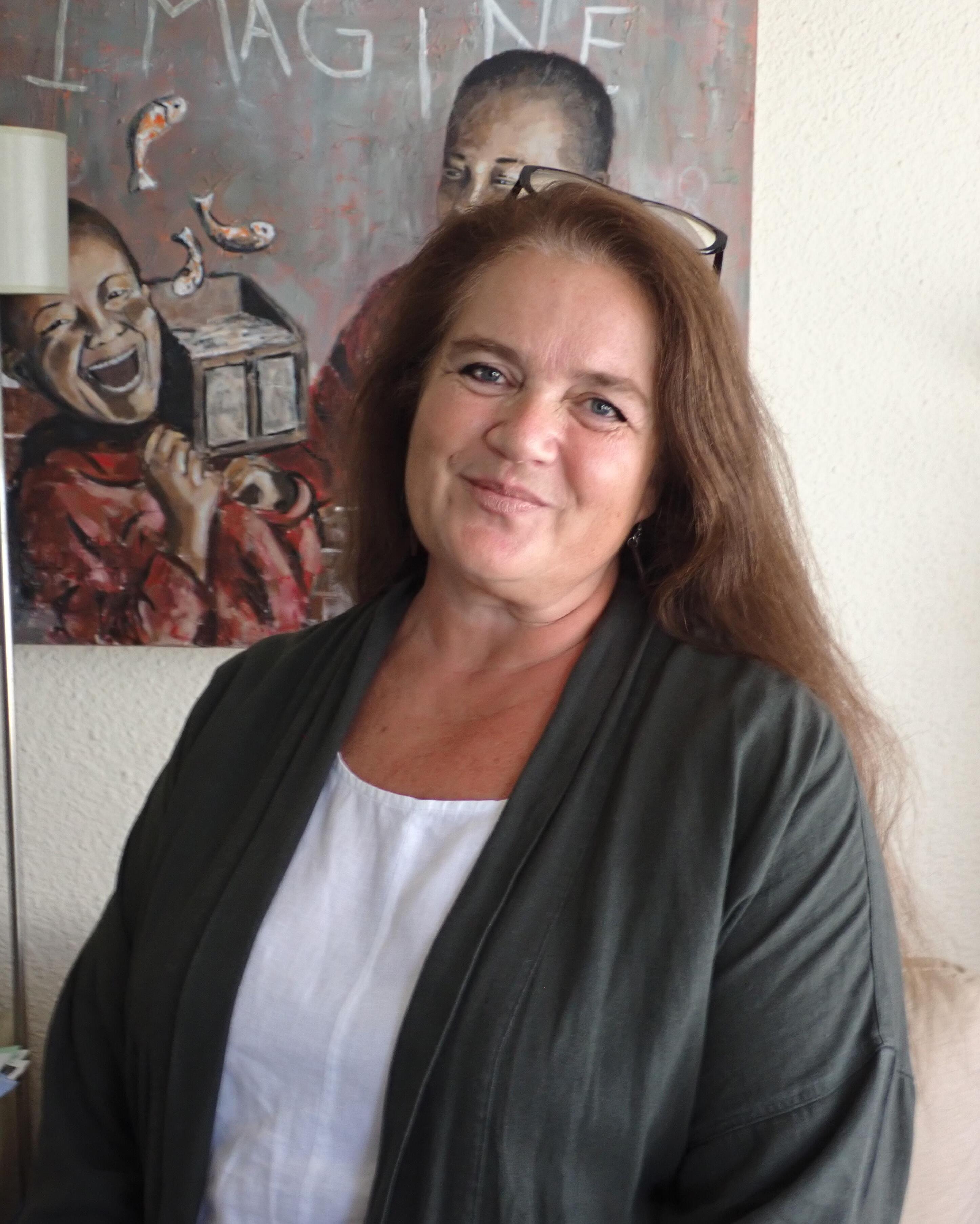
THINGS WE SAY, UNCONSCIOUSLY
BY MANDY ANTZOYLATOS
(an associate consultant at Mandate Molefi)
“Be careful. You’ll be working with lesbians!”
SOUTH AFRICA
My ears perked up and, I confess, I was triggered. I was sitting in a quiet corner of a coffee shop when I overheard this comment from a staff member, in response to a couple of trainees who were moving on to work in another branch from the following day.
Prior to that, I had heard the team chatting quite happily and the trainees thanking the supervisor and team for the support they’d been given in this particular store. With half an ear, I was enjoying the chatter and it was comforting to hear comments like, “I’ve learned so much here” and “You’ve been so good to me.”
So when, “Be careful, you’ll be working with lesbians,” was said, it was a jolt and a shock.
I couldn’t leave it, so I strolled over to the till to order another coffee and said something along the lines of, “Oh, are lesbians scary?” with a gentle raised eyebrow, and a curious smile on my face. There was much nervous laughter, some gasps, and lots of “Oh, we didn’t know there were any customers here” and “Oh, we didn’t mean that,” and “We were just joking”, but it was a healthy conversation starter, leading into a rich discussion about the things we say sometimes out of habit, whether we believe them or not.
The person, who had made the remark, reflected that she had ‘just said it to be funny’ and wasn’t really scared of people who are lesbian. But when having it reflected back to her, she realised how it actually wasn’t funny and could have created preconceptions for the staff going to the new store.
We often say things without thinking, me included, and while this was in a quiet coffee shop, it happens in our workplaces and families too, for sure!
So, the invitation we offer to participants in our DEI workshops is to take time to reflect and introspect on some of our old beliefs that we may not even believe anymore, but our comments and behaviours have not caught up.
We say things unconsciously sometimes, or out of habit, not always thinking what the impact might be. Those ‘fly-away’ comments will
have an impact on the people around you. Perhaps someone hearing you is directly impacted because they are a part of the group being ‘joked’ about or insulted; or it impacts the culture of the organisation by normalising comments like this, leading to discrimination. Of course, it impacts customers too and might have prevented people from coming back to that particular coffee shop. In some countries, a fly-away comment like this may even lead to someone being imprisoned.
As colleagues, and especially as leaders, intra-personal work is where the journey to being more conscious begins and can be uncomfortable. But if we let that discomfort paralyse us, there’s no growth and our old habits will control us rather than us taking responsibility for our words and actions.
As a coach I always say to my clients, “Seek the gift on the other side of the discomfort”. If you receive feedback about something you’ve done or said and are uncomfortable about the feedback, rather than dismissing it, sit with the discomfort. On reflection, there is often a gift or new insight on the other side of the uncomfortable feeling. This is not always easy work to do on our own which is why the so-called soft skills training is actually quite hard, but vital!
By the way, I ended up having a very interesting conversation with the supervisor about the opportunities for growth within the group owning the coffee shop. It seems they have a lot of career opportunities for staff and their in-house training is thorough with regards to barrister skills (the coffee is delicious!) and friendly customer service, amongst other things, but training outside of the ‘restaurant’ skills is needed.
And of course, we don’t have to wait for our employers to provide us with opportunities for this reflection. We can begin it ourselves by reading articles and books that make us feel a bit uncomfortable, or listening to news channels we might not always listen to and invite discussions with people who have different perspectives to ourselves. There’s always an opportunity for growth on the horizon.
Understanding the impact of our words and the need for us to be more self-aware, especially as leaders.
- MANDY ANTZOYLATOS -
INCLUSION UNUSUAL: RETHINKING MENOPAUSE IN THE WORKPLACE
When you hear the word menopause, what comes to mind? Most people think of older women. But that assumption doesn’t reflect the full picture.
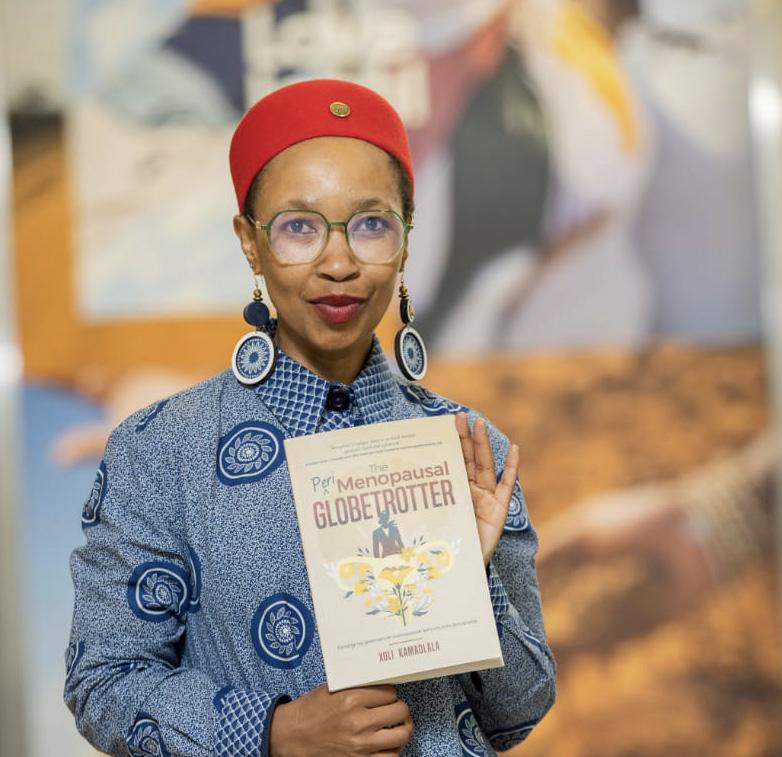
Xoli Madla, author of The Perimenopausal Globetrotter, began experiencing menopause in her early 30s. Her story disrupts the stereotype and highlights the oftenoverlooked diversity of menopausal experiences across age, culture, and context.
For senior leaders committed to inclusion, it’s time to broaden the conversation. A menopause-inclusive strategy is more than a wellness perk—it’s a vital part of building a workplace where all women can thrive. This includes:
• Creating psychologically safe spaces for open conversations
• Training managers to respond with empathy and understanding
• Reviewing policies to accommodate health-related needs without stigma
• Recognising menopause as a workplace equity issue—not just a personal health matter
Inclusive leadership demands that we challenge assumptions and design environments that support all life stages. Menopause belongs in your DEI strategy.

PHOLA HEALING THE WOUNDS OF THE SOUL WITH AFRICAN WISDOM
BY NOMALIZO ZINZILE XABANA
Have you ever doubted your path, felt like a failure, or questioned whether you’re making a difference? Ncazelo NcubeMlilo once stood in that same place. As a young psychologist leading a life skills camp for children affected by HIV and AIDS in Jabavu, Soweto. She faced the overwhelming challenge of supporting youth in profound grief. The weight of daily heartbreak became so heavy, her team named it the “Day of Doom.”
With no culturally relevant mental health tools in sight, hope felt elusive—until Ncube-Mlilo discovered Narrative Therapy through Michael White and the Dulwich Centre. There, she learned that lives are not defined by a single story. Alongside Australian colleague David Denborough, she co-created the Tree of Life methodology, a narrative-based approach that helps people speak not just of their pain, but also their strength, joy, culture, and dreams.
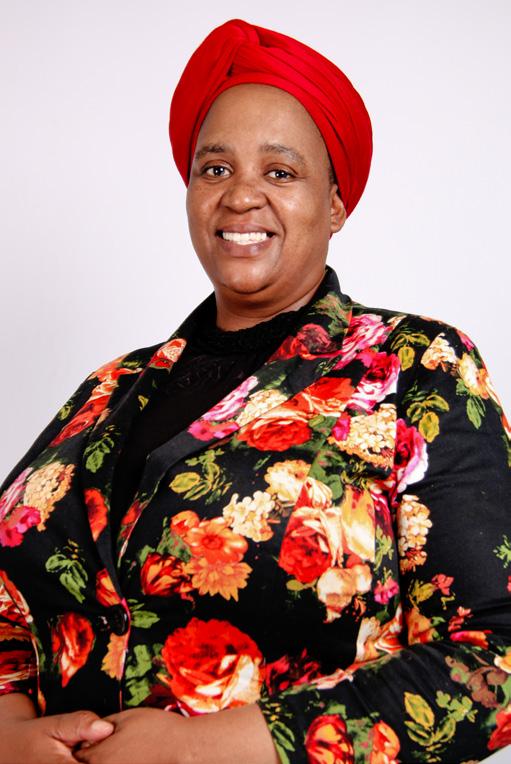
The impact has been staggering. What began as an African solution to an African problem has become a global model of healing. Today, over 200,000 people have experienced the Tree of Life, with 1,000 new facilitators trained annually, reaching more than 100,000 lives every year.
Her work is grounded in powerful African metaphors—none more touching than the Imbeleko Blanket, traditionally used by African
mothers to carry their babies. For Ncube-Mlilo, therapy should feel the same: emotionally warm, physically comforting, deeply reassuring. Healing, she insists, must feel like being held by someone who truly sees you.
Through her organization Phola, she offers an alternative to clinical detachment. Phola restores dignity, fosters resilience, and allows people not just to survive, but to thrive—emotionally, spiritually, and culturally. Her model challenges mental health professionals to examine their biases and broaden their understanding of what true healing looks like.
In April 2025, Ncube-Mlilo’s work was internationally celebrated at the Women Changing the World Global Awards in London, where she received the People’s Choice Award for Non-Profit and Social Enterprise, the Women in Therapy and Counselling Services Award, and the prestigious Golden Heart Award—reserved for women who serve the world with love and care.
At its core, her mission is simple but profound: to help people reclaim their narratives, challenge oppressive systems, and restore their sense of self-worth. As Ncube-Mlilo often says, “The Tree of Life story is about turning pain into gain. Together, we can turn pain into power.”
SOUTH AFRICA

“Therapy must feel like an Imbeleko blanket — safe, warm, connecting, and rooted in cultural truth.”
— Nczazelo Ncube-Mlilo

NIGERIA & GHANA
TThe Gender Equality Change Makers Awards recognises individuals who are leading the way in advancing equity within their organisations.
Among this year’s distinguished finalists are Abimbola Agbejule from Nigeria and Sefakor Carlotta Boadu from Ghana, two formidable leaders committed to driving meaningful change in their respective fields.
ABIMBOLA AGBEJULE: ADVANCING WOMEN’S ECONOMIC EMPOWERMENT AT WEMA BANK
With over 20 years of banking expertise, Abimbola Agbejule has emerged as a visionary force in sustainable finance and women’s economic empowerment. Holding a Business Administration degree from the University of Lagos and an MBA from the University of Leicester, she currently serves as Head of Corporate Sustainability at Wema Bank.
SEFAKOR CARLOTTA BOADU: CHAMPIONING WOMEN’S FINANCIAL INCLUSION AT DEVELOPMENT BANK GHANA
A leader in women’s financial inclusion and economic empowerment, Sefakor Carlotta Boadu is making a significant impact as Manager of Business Development Services at Development Bank Ghana (DBG). Through her work, she has driven strategies that uplift marginalised communities, particularly women and young entrepreneurs. Her initiatives include financial literacy programmes that have helped over 5 000 women and youth improve their creditworthiness, thereby strengthening their businesses and bridging Ghana’s financial inclusion gap.
“In a business culture where leadership is often male-dominated, she is driving deliberate action to break barriers and champion gender equity.”
Abimbola has been instrumental in leading initiatives that promote socio-economic inclusion, including Hackaholics, which fosters digital innovation for impactful change. As ViceChair of the Wema Women Network, she plays a pivotal role in mentoring, inspiring, and empowering women within the organisation and beyond.
Her capstone project focuses on implementing a Gender Action Plan aimed at increasing the number of women in strategic leadership roles. In a business culture where leadership is often maledominated, she is driving deliberate action to break barriers and champion gender equity.
EARLY SUCCESSES AND IMPACT:
• Appointment of Wema Bank’s first female board chairperson in 2023
• Increased female representation in senior roles within Finance, Central Operations, Retail, and Technology
• The Big Sister Programme, which has supported over 80 women through mentorship across three cohorts
• Launch of professional mentorship, leadership coaching, and the HE for SHE Awards
Sefakor’s capstone project, the Gender Mainstreaming Project at DBG, is an ambitious effort to embed gender equity at all organisational levels, ensuring that DBG fully embraces sustainable, inclusive economic growth.
EARLY SUCCESSES AND IMPACT
• Gender policy established: A new gender policy has been introduced, setting measurable diversity targets across the organisation
• Gender scan completed: A baseline gender representation scan has been conducted, with findings shared in a stakeholder workshop
• Departmental gender action plans: Every department has developed tailored action plans to support gender mainstreaming across DBG
• Mentorship and coaching for women: A structured mentorship programme for women in managerial roles is underway, preparing them for senior leadership positions
Thanks to these initiatives, DBG has increased female representation in its C-suite to three women, marking a significant step towards a more diverse and inclusive workplace.
A FUTURE SHAPED BY GENDER EQUITY
The work of Abimbola Agbejule and Sefakor Carlotta Boadu exemplifies the power of dedicated leadership and strategic action in promoting gender equality. Their achievements not only benefit their respective organisations but also contribute to a broader movement for equity in the Global South. As finalists for the Gender Equality Change Makers Awards, they serve as inspirations for future generations, proving that real change happens when bold leaders take decisive action.
GDEIB: A TOOLKIT THAT SUPPORTS A SYSTEMIC AND SUSTAINABLE APPROACH TO DEI
TThe Global Diversity, Equity and Inclusion Benchmarks: Standards for Organisations around the World is an 80-page guidebook written by three authors – Nene Molefi, Julie O’Mara and Dr Alan Richter, with extensive input from 112 expert panelists from around the world.
The GDEIB Model shows the relationship of both individual behaviours and systemic interventions. The authors developed the GDEIB for anyone around the world to use it free of charge. Before you use it, however, you will be required to complete a User Agreement which helps us see which sectors are using the benchmarks. The user tools, a 1-page overview, several learning
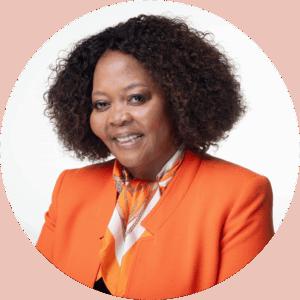
Nene Molefi nene@mandatemolefi.co.za
activities, an assessment checklist and other tools, are also available for free. We have been supported by many organisations around the world in creating this tool and making it freely available. The entire GDEIB has 275 benchmarks in four groups - Foundation, Bridging, Internal and External, along with 15 categories. Each category contains benchmarks in five levels from Inactive to Best Practices. A digital tool and certification will be available soon. First published in 2006, it is updated approximately every five years.
The official website (www.globalDEIbenchmarks.org) is still under construction. If you would like to download the free tool, subscribe to this digital magazine and you will receive a link.
MEET THE AUTHORS
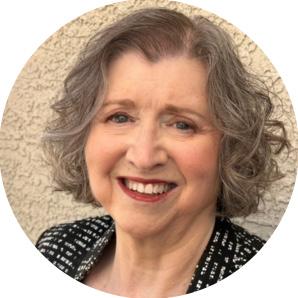
Julie O’Mara julie.omara78@icloud.com
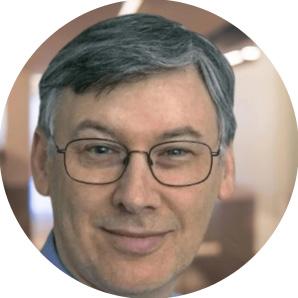
Dr Alan Richter alanrichter@qedconsulting.
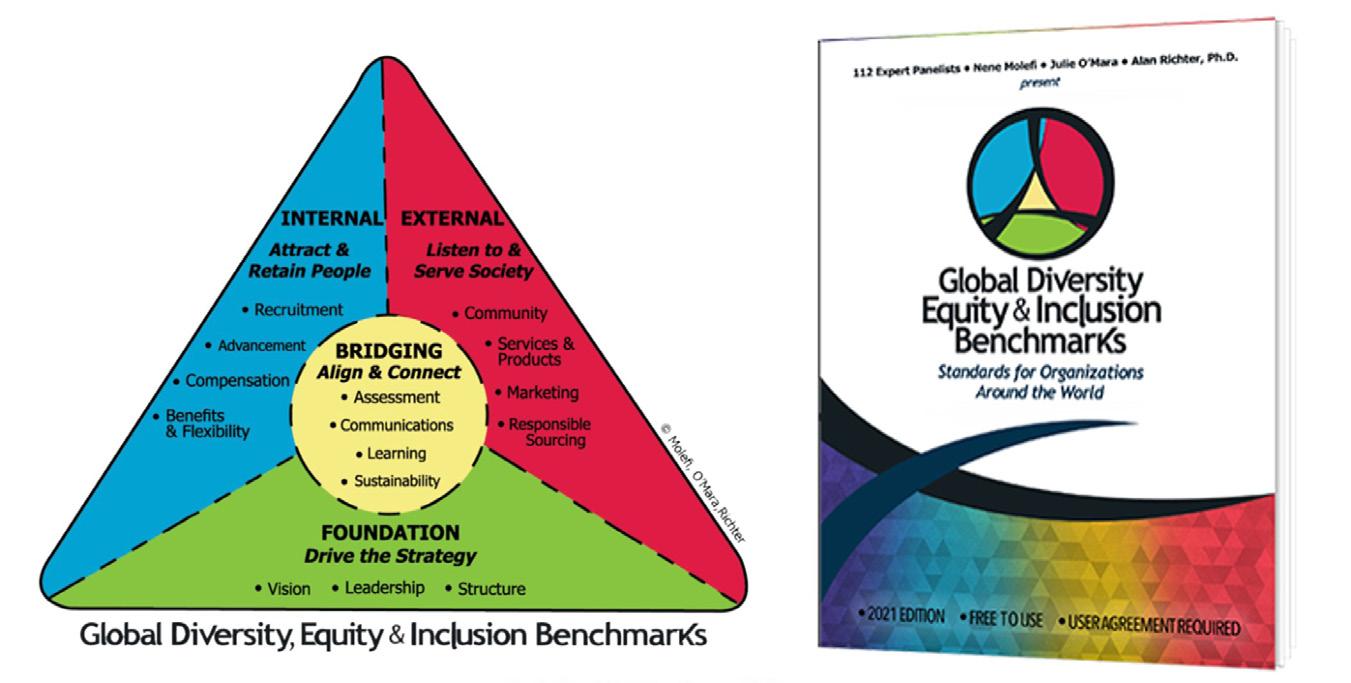
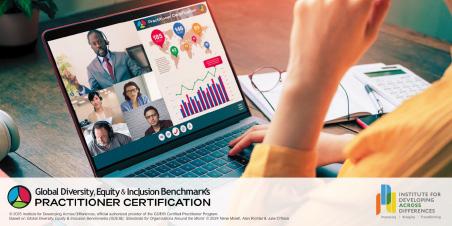
EXPANDING DEI EXCELLENCE: ANNOUNCING THE GDEIB CERTIFIED PRACTITIONER PROGRAM
The global landscape of diversity, equity, and inclusion (DEI) is ever-evolving, demanding advanced tools and expertise. Exciting news for DEI professionals worldwide! The official practitioner certification program for users of the Global Diversity, Equity, and Inclusion Benchmarks: Standards for Organizations Around the World (GDEIB) is launching in September 2025. Developed in partnership between co-authors Nene Molefi, Dr. Alan Richter, and Julie O’Mara and the Institute for Developing Across Differences (IDD), this intensive 16-hour online program is set to transform DEI practices.
The intensive 16-hour online program will help professionals learn how to master and apply GDEIB principles. It goes beyond the fundamentals, focusing on how to use the Benchmarks to initiate strategic conversations and collaborations to improve teamwork across all differences, both domestically and internationally.
Successful graduates of the program and qualifying examination will receive a unique badge and membership in the international GDEIB Certified Practitioner community alongside colleagues who share a commitment to excellence.
Nene Molefi, a co-author of the Benchmarks, explains that the program was created in response to user requests for support in maximizing the GDEIB tool to its full potential. Melissa Liles, the founding director of the IDD, adds that the Institute is honored to have been entrusted with this important task and that like the tool itself, the program is designed to be best in class.
A limited number of spots at a special discounted price are available for two inaugural sessions of the GDEIB Certified Practitioner program running on September 15-19 and September 22-27, 2025. To apply or learn more, enter your details at bit.ly/ GDEIBcertification.
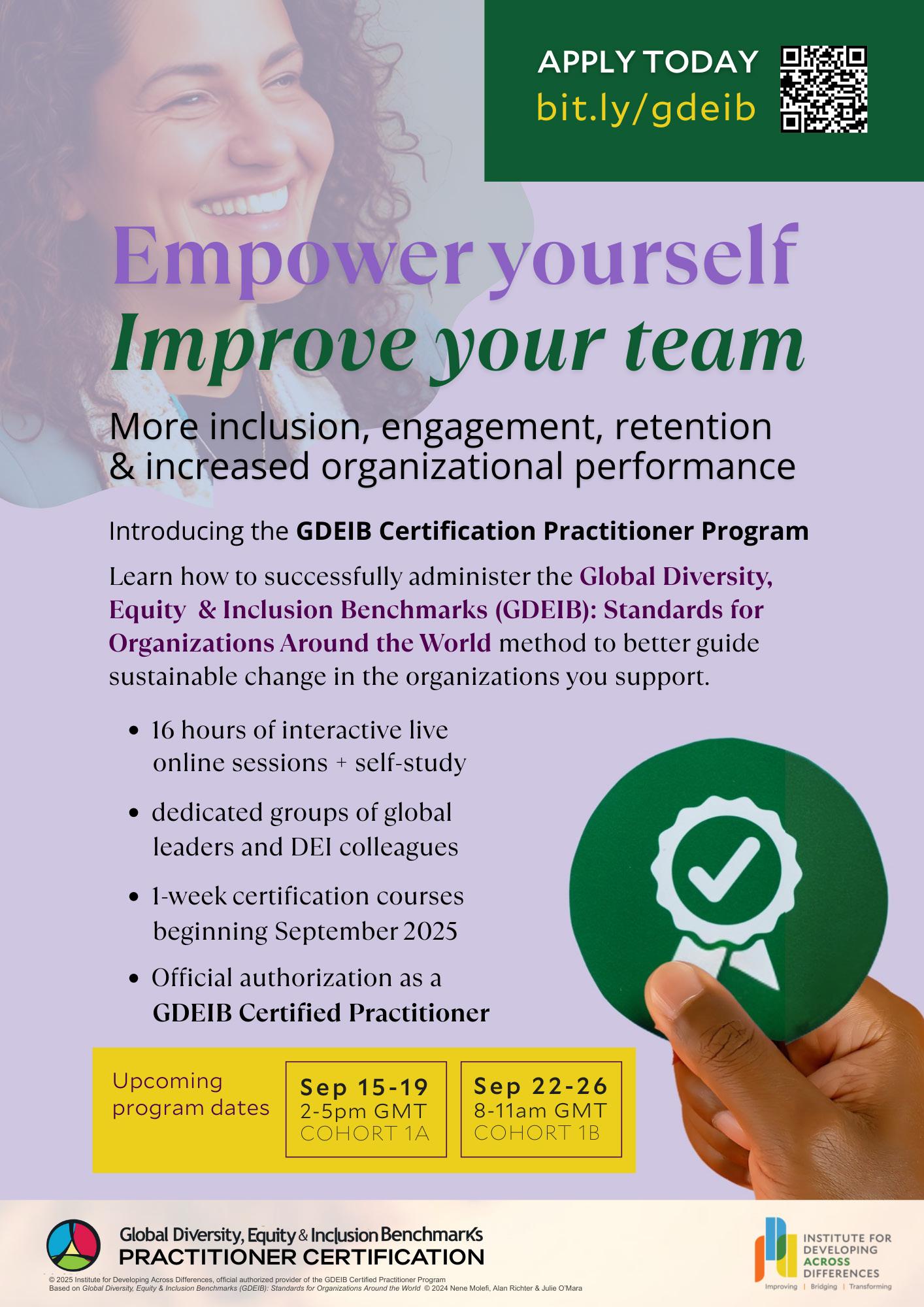

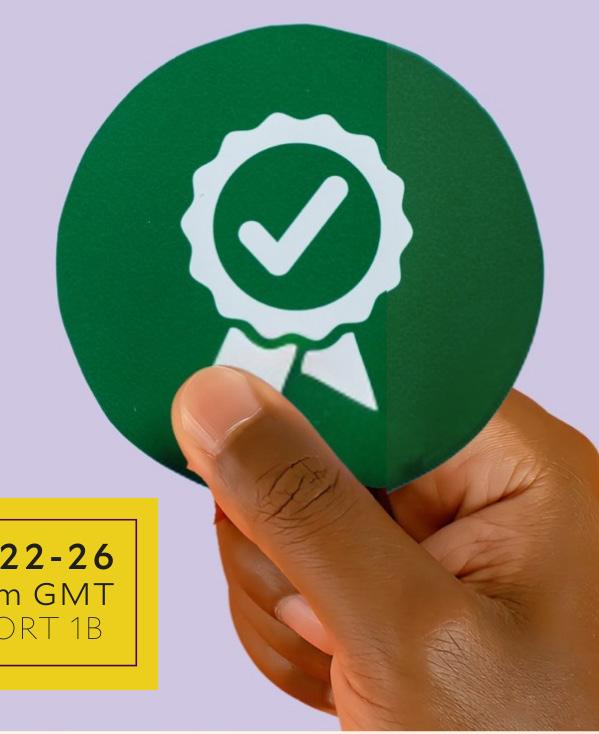
BECOME A CERTIFIED GLOBAL DEI
PRACTITIONER
When you enrol in this certification program (see left page), you'll discover that Diversity, Equity, and Inclusion (DEI) is not just about hiring women and people of color or attending awareness workshops. It's a systemic and sustainable strategy for driving high performance and achieving your organization's goals.
15 CATEGORIES IN 4 GROUPS :
FOUNDATION
DRIVE THE STRATEGY
1: Vision, Strategy, and Business Impact
2: Leadership and Accountability
3: Structure and Implementation
INTERNAL
ATTRACT & RETAIN PEOPLE
4: Recruitment
5: Advancement and Retention
6: Job Design, Classification, and Compensation
7: Work-Life Integration, Flexibility and Benefits
BRIDGING
ALIGN & CONNECT
8: Assessment, Measurement, and Research
9: DEI Communications
10: DEl Learning and Development
11: Connecting DEl and Sustainability
EXTERNAL
LISTEN TO & SERVE SOCIETY
12: Community, Government Relations, and Philanthropy
13: Services and Product Development
14: Marketing and Customer Service
15: Responsible Sourcing

See QR code on the left of this page to get started
LESSONS FROM AFRICAN INDIGENOUS LEADERSHIP STRATEGIES
African leadership traditions emphasise relational governance, ethical stewardship, and collective well-being, principles that align with modern organisational needs. By embracing these traditions, businesses can build inclusive, sustainable, and people-centred cultures.
BY MANDATE MOLEFI TEAM
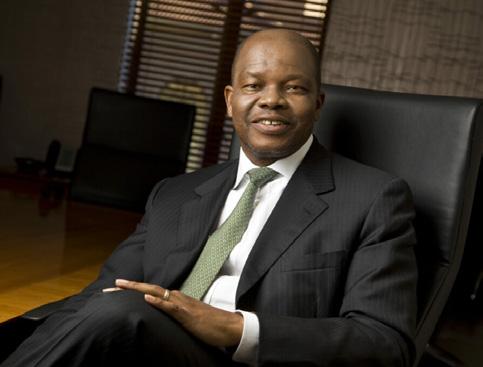
REUEL KHOZA: Ethical and attuned leadership
Reuel Khoza, in Attuned Leadership, advocates for ethical leadership rooted in botho (humaneness). He highlights the importance of responsiveness and responsibility, ensuring organisations balance commercial success with moral governance and social impact.
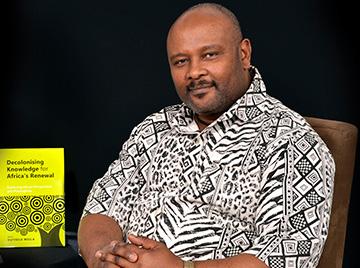
VUYISILE MSILA: Ubuntu as a leadership framework
Vuyisile Msila champions ubuntu, “I am because we are”, as a guiding principle for leadership. His research demonstrates how shared accountability, empathy, and collective decision-making create resilient and engaged teams, fostering workplace harmony and inclusion.
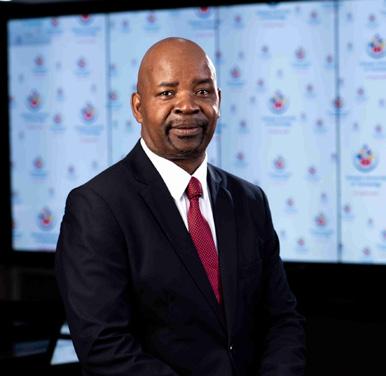
TINYIKO MALULEKE: Leadership through relational influence
Tinyiko Maluleke highlights t he strength of ‘relational leadership’, where power is seen as a means to uplift rather than to dominate. His work suggests that organisations benefit from collaborative structures that prioritise trust, mentorship, and mutual empowerment.
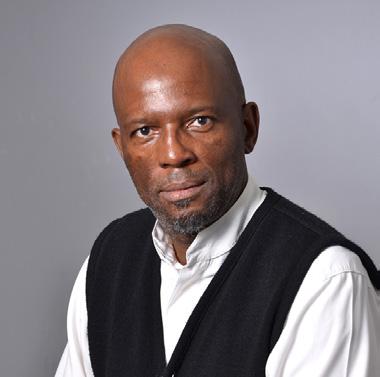
NHLANHLA MAAKE: Indigenous leadership metrics
Nhlanhla Maake proposes alternative leadership assessment models that integrate hlonipha (respect) and inhlangano (harmony) as measures of organisational success. His work suggests that businesses should evaluate leadership not only by performance metrics but also by the well-being and cohesion of their teams.
Cultural insights for business transformation
• Storytelling as a leadership tool: Many African traditions use narratives to foster unity. Organisations can adopt this approach for brand storytelling, vision alignment, and values-driven leadership
• Consensus-based decision-making: The African concept of indaba (deliberative dialogue) encourages inclusive discussions, promoting shared ownership of decisions
• Mentorship and eldership: Seniority in African cultures emphasises guidance and support rather than authority, offering a model for empowering future leaders through mentorship and coaching
By integrating these indigenous leadership strategies, organisations can foster inclusive, ethical, and sustainable cultures, ensuring that transformation and inclusion remain at the forefront of business agendas.
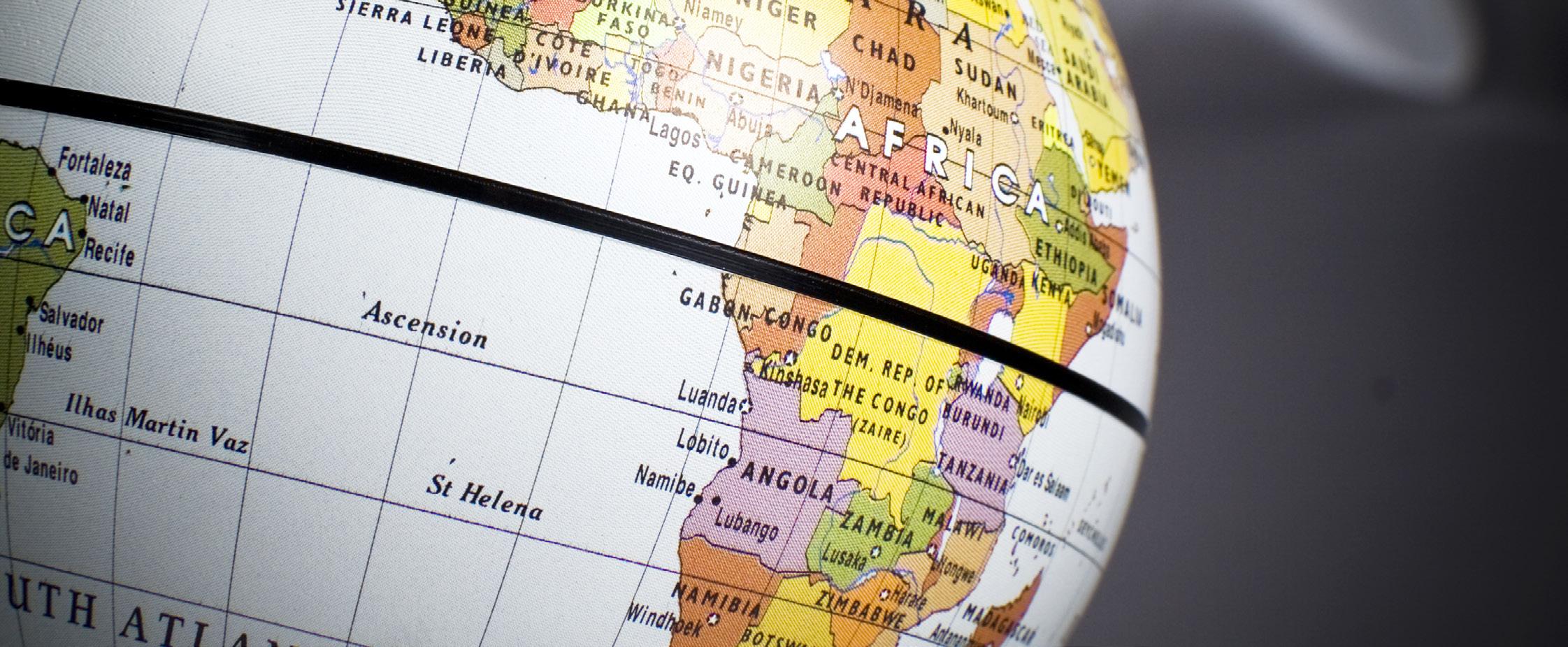
DID YOU KNOW?
Kenya – “Word Forest” Revives an Ancient Language
1
2
Fun Fact: In Northern Kenya, a teacher named Juliana Loshiro is reviving Yaakunte, a nearly extinct language, by planting a “word forest.” Each tree is tagged with Yaakunte words, creating an ecosystem of language preservation.
Inclusion Lens: This connects language revitalization with environmental and cultural justice—an inspiring model of intergenerational knowledge preservation and ecological inclusion.
Senegal – Deaf & Hearing Students Learn Together
Fun Fact: In some classrooms in Senegal, deaf and hearing students now share classrooms, using sign-language assistants; classmates even learn signs to communicate.
Inclusion Lens: Blurring the lines between ability and disability, this fosters universal design in education—a tangible leap toward inclusive learning environments.
Tanzania – Swahili: Uniting Over 100 ethnic groups
3
Fun Fact: In Tanzania, over 90% of the population speaks Swahili, uniting people across more than 100 ethnic groups
Inclusion Lens: Swahili’s widespread use shows how a shared language can play a key role in uniting diverse communities, fostering national identity while respecting multilingual roots—an African blueprint for inclusive belonging.
4
Ethiopia – The Only African Nation Never Colonized Fun Fact: Ethiopia maintained its independence during the Scramble for Africa, defeating the Italians at the Battle of Adwa in 1896.
Inclusion Lens: This offers a powerful narrative of self-determination and cultural pride. It challenges the dominant colonial lens in history and shows the importance of centering African voices in global narratives — a key tenet of epistemic justice in DEI work.
Ghana – The Year of Return (2019)
5 6
Fun Fact: Ghana invited the global African diaspora “home” in 2019, drawing thousands to reconnect with their roots.
Inclusion Lens: A reminder of the healing power of cultural reclamation and diaspora inclusion. DEI work must acknowledge historical trauma and affirm identity for marginalized or displaced communities.
6. Rwanda – Highest Female Parliamentary Representation in Africa
Fun Fact: Women hold over 60% of seats in Rwanda’s lower house of parliament — the highest in the world. Inclusion Lens: Rwanda exemplifies how intentional gender inclusion policies (post-genocide rebuilding) can shift structural inequality. It’s a model of political and social accountability.
